
One of the world’s leading publishers of printed classical and educational music.

William Walton Catalogue
- Text
- Walton
First performance: 24
First performance: 24 January 1922 (only performance) Ass-face (‘Ass-face drank’) First performance: 12 June 1923 (only performance) Clown Argheb’s Song (‘Clown Argheb the honey-bee’) First performance: 12 June 1923 (only performance) Serenade [instrumental] First performance: 12 June 1923 (only performance) Gone Dry (‘Admiral Kingcum was a seaman rare’) First performance: 12 June 1923 (only performance) See Neil Ritchie, ‘Gone Dry: An unpublished Façade poem’, The Book Collector 48/3 (autumn 1999), 459–61, n. 570. Dark Song (‘The fire was furry as a bear’) First performance: 12 June 1923 (only performance) Mazurka (‘God Pluto is a kindly man; the children ran’) First performance: 29 June 1926; part reconstructed performance, Australia 16 October 1987. Beinecke: GEN MSS 601 (FRKF 638h). Derived Works and other Versions C12a Ballet in One Act (Based on the Entertainment) Choreographed by Frederick Ashton First performance: Snape, Suffolk, Maltings, 28 July 1972 (an evening of opera and ballet in honour of the 70th birthday of William Walton). Peter Pears (reciter), Artists of the Royal Ballet with Christopher Nicholls (fl, picc), Thea King (cl, bcl), Stephen Trier (a sax), Philip Jones (tpt), Bernard Richards (vc), and James Holland (perc), conducted by David Taylor. First London performance: London, Sadler’s Wells Theatre, 9 October 1972, with the same performers. Reviewed, DT, 11 Oct 1972, p. 15 (R. Henderson). C12b Ballet Choreographed and directed by Lindsay Kemp with the assistance of David Houghton. The dancers recited the poems. Late in 1981 Jack Buckley of the British Council in Rome had suggested to Lindsay Kemp a production of Façade to celebrate Walton’s approaching 80th birthday. First performance: Milan, Teatro Nuovo (under the auspices of Teatro alla Scala), 5 February 1983. Dancers C12 Façade 15 and the Koenig Ensemble conducted by Richard Dickens. Scenery and costumes by Emanuele Luzzati. First London performance: London, Sadler’s Wells Theatre, 24 October 1983, with the same performers. C12c Façade: [First] Suite for Orchestra 1. Polka (changed from F to E major) 2. Valse 3. Swiss Jodelling Song (Lento) 4. Tango-Pasodoblé (Lento) (changed from F to E♭ major) 5. Tarantella–Sevillana (changed from E♭ major to E major, considerably lengthened, and new tune added in 3/4 time, as well as a quotation from ‘Through Gilded Trellises’). In the holograph, the Polka is placed third. Holograph: HRHRC. This manuscript was sold at Sotheby’s in London on 15 June 1960, having been presented by the composer to a sale of printed books and manuscripts on behalf of the Friends of the National Libraries. Instrumentation: 2(II + picc).2(II + ca).2.2–4 (3 + 4 opt) /2.1.1/ timp/perc (3: tri, cyms, sus cym, cast, glock, xyl, sd, bd, tamb, rattle)/strings Duration: 11 minutes First performance: London, Lyceum Theatre, 3 December 1926 (season of Russian ballet). The resident orchestra, conducted by William Walton. This suite was used as a symphonic interlude (without No. 3) when the Berners– Sitwell ballet The Triumph of Neptune (see C20) was first performed, and was repeated on 4 and 10 December 1926. Other early performances: London, Arts Theatre Club, Great Newport Street, 5 July 1928. Arts Theatre Chamber Orchestra, conducted by Edward Clark. Leeds, Town Hall, 6 October 1928 (Leeds Triennial Music Festival). London Symphony Orchestra, conducted by Sir Thomas Beecham. Boston, Massachusetts, Symphony Hall, 24 June 1931 (first USA performance). Boston Pops Symphony Orchestra, conducted by Arthur Fiedler (‘Tango–Pasodoblé’, ‘Swiss Jodelling Song’, and ‘Polka’). London, Queen’s Hall, 30 September 1933 (Promenade Concert; broadcast by the BBC). BBC Symphony Orchestra, conducted by William Walton. Publication: Study score: OUP, 1936 at 7s 6d For perusal purposes only
16 C12 Façade Score and parts on hire: OUP WWE, vol. 18, pp. 1–69; offprinted 2009 Bibliography: • David Lloyd-Jones, WWE vol. 18 • MG, 7 July 1928, p. 19 (E.B.); MT 77 (1936), 614 (W. McNaught); Times, 6 Dec 1926, p. 12; 5 Sept 1928, p. 10 Recordings: see under 12g below C12d Suite from Façade arranged for concert wind band by Watanabe Publication: available from Music Supply Tokyo C12e Suite from Façade arrangement for military band by Gerrard Williams Commissioned by: BBC for the Wireless Military Band First performance: London, BBC Studios, 15 January 1933 (broadcast on the National Programme). BBC Wireless Military Band, conducted by B. Walton O’Donnell. It was repeated (London Regional Programme) on 20 February 1934. Publication: unpublished C12f Second Suite for Orchestra 1. Fanfare 2. Scotch Rhapsody 3. Country Dance 4. Noche Espagñola (originally ‘Long Steel Grass’) (transposed up a semitone) 5. Popular Song 6. Old Sir Faulk (transposed down a tone) (Nos. 1,2,3, and 5 orchestrated by Lambert) Holograph: Beinecke: GEN MSS 601 (FRKF 638). Instrumentation: 2(II + picc).2.ca.asax(opt).2.2/2.2.1.0/ timp/perc (1–2: tri, sus cym, cast, wb, 3 Chinese blocks, sd, bd, tamb)/strings Duration: 11 minutes First performance: New York, Carnegie Hall, 30 March 1938 (the 3,401st concert of the Philharmonic-Symphony Society of New York). New York Philharmonic-Symphony Orchestra, conducted by John Barbirolli. (The ‘Tango– Pasodoblé’ from the First Suite replaced ‘Old Sir Faulk’.) First London performance: London, Queen’s Hall, 10 September 1938 (Promenade Concert; broadcast by the BBC on the London Regional Service). BBC Symphony Orchestra, conducted by Henry Wood. Other early performances: London, Queen’s Hall, 26 August 1939. BBC Symphony Orchestra, conducted by William Walton. Bristol, Colston Hall, 13 May 1941 (broadcast by the BBC). Hallé Orchestra, conducted by William Walton. Publication: Study score: OUP 1938 at 6s Score and parts on hire: OUP WWE vol. 18. Score and parts offprinted 2009. Bibliography: • David Lloyd-Jones, WWE vol. 18. • MT 79 (1938), 780–81 (E. Evans); NYHT, 31 March 1938, p. 11 (L. Gilman); Times, 12 Sept 1938, p. 10; 28 Aug 1939, p. 8. Recordings: • London Philharmonic Orchestra / Walton (recorded No. 1 Studio, Abbey Road, London, 5 March 1936; nos. 9 and 11 recorded 25 October 1938). Nos 1–8 and 10: HMV C2836–7 (1936). Nos 9 and 11: HMV C 3042 (1939); EMI ED 29 0715 1 (1986); CDH7 63381 2 (1992) • Suites 1 and 2: Philharmonia Orchestra / Walton (recorded Kingsway Hall, London, 20 April and 26 March 1957). Columbia 33C1054 (mono), (1958); Columbia SED 5556 (1958); EMI HQM 1006 (mono) (1965); EMI SLS 5236 (1982); EMI CHS 5 65003 2 (1994) • Suites 1 and 2: Philharmonia Orchestra / Constant Lambert. Columbia 33SX1003 (mono from DX 1734–6), (1953); SOMM 023 (2002) • Eight numbers: Royal Philharmonic Orchestra / Malcolm Sargent. EMI ALP 1873 (1961); EMI SXLP 30114 (1968); SLS 5073 (1977) • English Northern Philharmonia Orchestra / David Lloyd-Jones: Hyperion CDA 66436 (1991) • City of Birmingham Symphony Orchestra / Louis Frémaux: EMI ASD3317 (1977); EMI CDM7 64201 2 (1992); EMI 7243 5 75796 2 (2003); EMI 6 80506 2 (2012); EMI Collector’s Edition 4 40864 2 (2012) • London Philharmonic Orchestra / Jan Latham-Koenig. Chandos CHAN 9148 (1993); CHAN 9426 (1995) Note: A Suite was broadcast by the BBC on 3 July 1931 (BBC Orchestra, conducted by Constant Lambert) which consisted of eight numbers, those from the first published suite together with ‘Fanfare’, ‘Scots [sic] Rhapsody’, and ‘Popular Song’. For perusal purposes only
- Page 2 and 3: General Editor: DAVID LLOYD-JONES C
- Page 4 and 5: CONTENTS Introduction - James Brook
- Page 6 and 7: Anyone taking this volume down from
- Page 8 and 9: ORGANIZATION OF THE CATALOGUE This
- Page 10 and 11: WILLIAM WALTON EDITION General Edit
- Page 12 and 13: ACKNOWLEDGEMENTS I am deeply indebt
- Page 14 and 15: Bibliographical abbreviations Add.M
- Page 16 and 17: SELECTIVE CHRONOLOGY 1866 11 Oct Lo
- Page 18 and 19: SELECTIVE CHRONOLOGY xix 1943 Feb o
- Page 20 and 21: SELECTIVE CHRONOLOGY xxi Nov Sympho
- Page 22 and 23: facsimiles For perusal purposes onl
- Page 24 and 25: facsimiles xxv For perusal purposes
- Page 26 and 27: facsimiles xxvii For perusal purpos
- Page 28 and 29: facsimiles xxix For perusal purpose
- Page 30 and 31: facsimiles xxxi For perusal purpose
- Page 32 and 33: facsimiles xxxiii For perusal purpo
- Page 34 and 35: List OF MAIN TITLES xxxv Romeo and
- Page 36 and 37: the catalogue For perusal purposes
- Page 38 and 39: C1 A Li t a n y partsong in four pa
- Page 40 and 41: Nos. 1-3 Date of composition: July
- Page 42 and 43: C9 Th e Pa s s i o n a t e Sh e p h
- Page 44 and 45: 16. Valse (‘Daisy and Lily’) Th
- Page 46 and 47: Passengers Only: A Social Tragedy i
- Page 48 and 49: Eskdale (tpt), Willem de Mont (vc),
- Page 50 and 51: Façade 2: A Further Entertainment
- Page 54 and 55: C12g Ballet in One Act (Based on th
- Page 56 and 57: 1. Tango-Pasodoblé 2. Swiss Jodell
- Page 58 and 59: C13 To c c a t a C14 Fantasia Conce
- Page 60 and 61: C17 PORTSMOUTH POINT 23 Date of com
- Page 62 and 63: C18 Ro m e o an d Ju l i e t Ballet
- Page 64 and 65: C21 Si n f o n i a Co n c e r t a n
- Page 66 and 67: C22 Concerto for Viola and Orchestr
- Page 68 and 69: First performance: London, Royal Fe
- Page 70 and 71: From 17 April to 23 August 1948, I
- Page 72 and 73: Other early performances: London, S
- Page 74 and 75: C28 Es c a p e Me Ne v e r music fo
- Page 76 and 77: Faber, 1996), 187-8 • David Vaugh
- Page 78 and 79: OCB 299-2 Cue 21-22 [David playing
- Page 80 and 81: C32 Dr e a m i n g Li p s music for
- Page 82 and 83: Duration: 7 minutes Instrumentation
- Page 84 and 85: First London performance: Queen’s
- Page 86 and 87: C37 Concerto for Violin and Orchest
- Page 88 and 89: C37 Concerto for Violin and Orchest
- Page 90 and 91: Publication: WWE vol. 3, pp. 1-99 (
- Page 92 and 93: (b) Incidental music for Uncle Harr
- Page 94 and 95: minute Galop (the right title under
- Page 96 and 97: of the shelter to meeting; Barbara
- Page 98 and 99: Division at this point, after he ha
- Page 100 and 101: y John Burrell. Broadcast on 7 Octo
- Page 102 and 103:
Houldsworth Hall, 24 May 1943 (spec
- Page 104 and 105:
Other versions C46a Christopher Col
- Page 106 and 107:
A copy is also in the National Soun
- Page 108 and 109:
of added brass, percussion and pian
- Page 110 and 111:
First USA showings: Boston, Esquire
- Page 112 and 113:
C50 Henry V 75 C50g Passacaglia:
- Page 114 and 115:
1946, p .4; 26 April 1946, p. 16; T
- Page 116 and 117:
duel; Entry of the court (with fanf
- Page 118 and 119:
Dedication: To Diana and Griselda [
- Page 120 and 121:
y the BBC on television and radio);
- Page 122 and 123:
expressed a strong wish to dedicate
- Page 124 and 125:
Principals: Calkas, High Priest of
- Page 126 and 127:
(D. Drew); Opera 14 (June 1963), 41
- Page 128 and 129:
Bibliography: Opera Canada 49 (Sept
- Page 130 and 131:
C63b A Shakespeare Suite from Richa
- Page 132 and 133:
C65 C65 Concerto for Violoncello an
- Page 134 and 135:
C68 Symphony No. 2 97 Commissioned
- Page 136 and 137:
Bibliography: David Lloyd-Jones, WW
- Page 138 and 139:
Recordings: CD Bach Choir / David W
- Page 140 and 141:
C76 Variations on a Theme by Hindem
- Page 142 and 143:
Holograph: Beinecke: GEN MSS 601 (F
- Page 144 and 145:
Dedication: To André Kostelanetz.
- Page 146 and 147:
C82 Improvisations on an Impromptu
- Page 148 and 149:
C86 Five Bagatelles 111 This work w
- Page 150 and 151:
C89 Anniversary Fanfare 113 Recordi
- Page 152 and 153:
C93 Roaring Fanfare 115 with Ian Fo
- Page 154 and 155:
C99 A Birthday Fanfare 117 Publicat
- Page 156 and 157:
GENERAl bibliography Anson, H. ‘T
- Page 158 and 159:
Foss, H. J. ‘William Walton’, H
- Page 160 and 161:
Kennedy, M. ‘Walton’s Isle Full
- Page 162 and 163:
Riley, M., ed., British Music and M
- Page 164 and 165:
personalia ABERCONWAY, Lady Christa
- Page 166 and 167:
and 1930s. Commissioned Walton for
- Page 168 and 169:
which he founded in 1946. Married t
- Page 170 and 171:
Irish Academy of Music. Both the Sa
- Page 172 and 173:
Orb and Sceptre Arr. for military b
- Page 174 and 175:
First Shoot, The Arr. for orchestra
- Page 176 and 177:
INDEX OF AUTHORS OF TEXTS Arnold, M
- Page 178 and 179:
Lord, now lettest thou thy servant
- Page 180 and 181:
Mayer, (Lady) Dorothy Moulton Canti
- Page 182 and 183:
Bantock, (Sir) Granville 34 Barber,
- Page 184 and 185:
Cathedral Church of Christ Church,
- Page 186 and 187:
Elms, Simon 117 Emery, Terence 13 E
- Page 188 and 189:
Hastings, Municipal Orchestra 44 Ha
- Page 190 and 191:
Laurence Olivier Memorial Service (
- Page 192 and 193:
Nabokov, Vladimir 107 Naismith, Nor
- Page 194 and 195:
Rosen, Carole 48, 66 Rosenstock, Jo
- Page 196 and 197:
Tate, Ohyiils 129 Tausky, Vilem 11,
- Page 198 and 199:
Wymark, Patrick 107 Wyndham Lewis,
- Page 200 and 201:
allet choreographed by Lindsay Kemp
- Page 202:
Sonata for String Orchestra (Quarte
Inappropriate
Loading...
Mail this publication
Loading...
Embed
Loading...

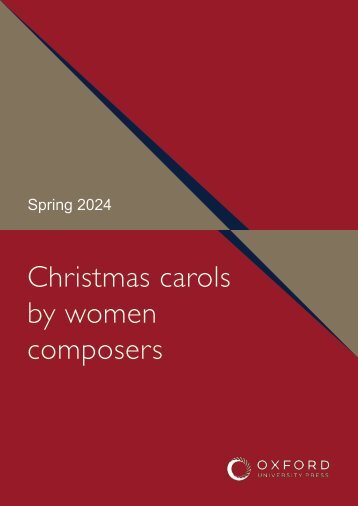
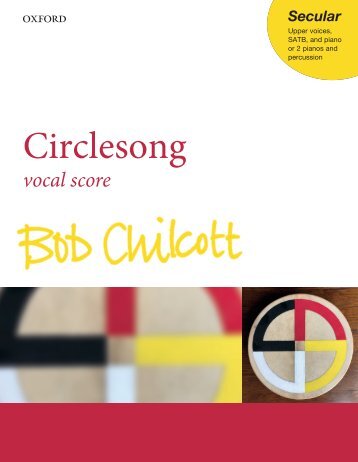
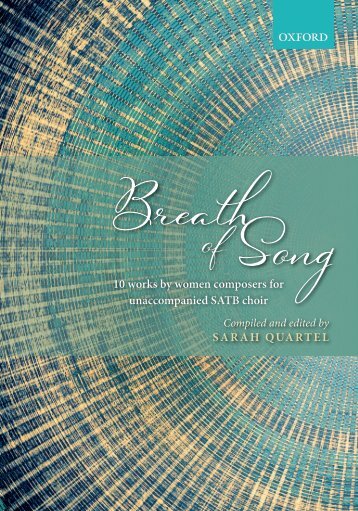
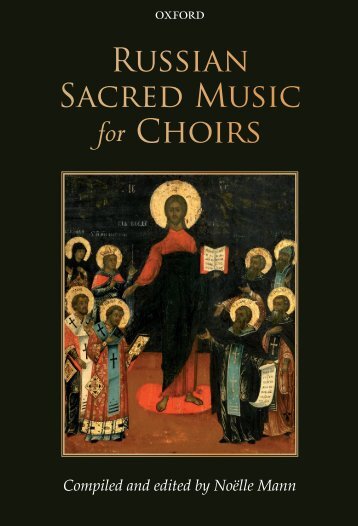

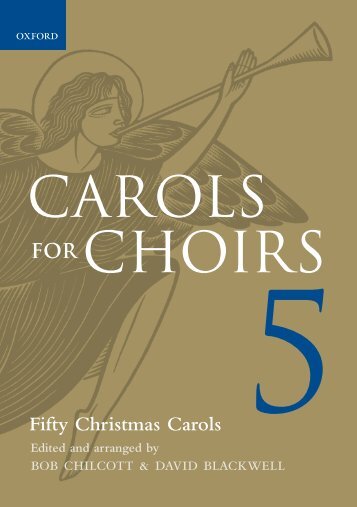
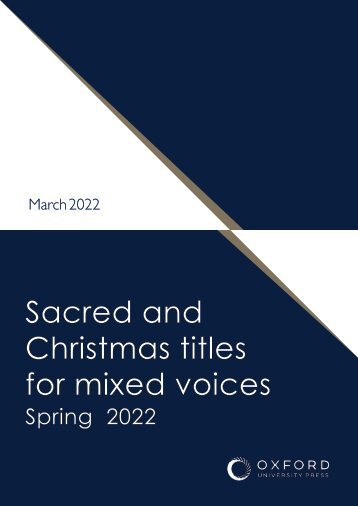
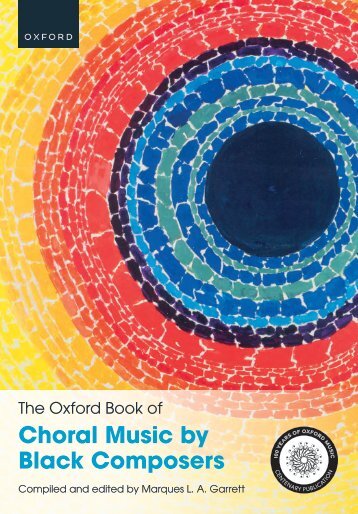
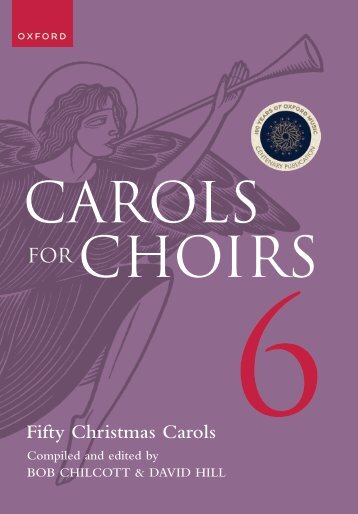
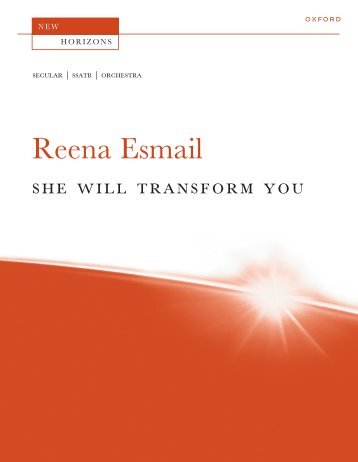
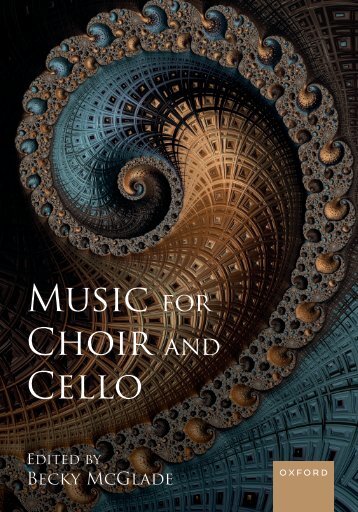

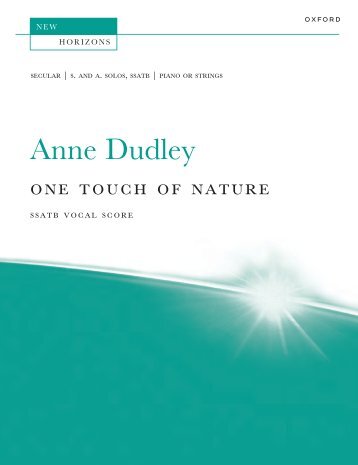
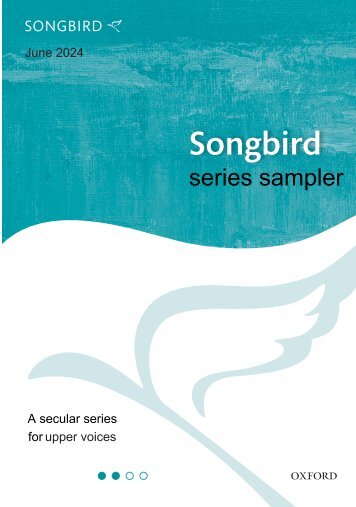
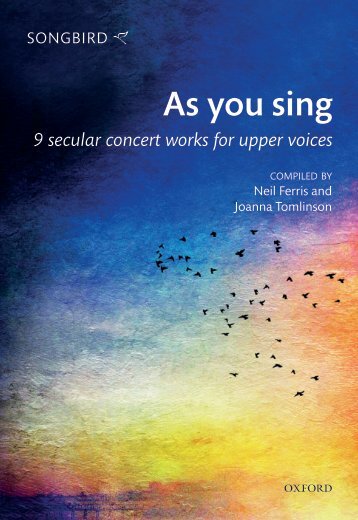
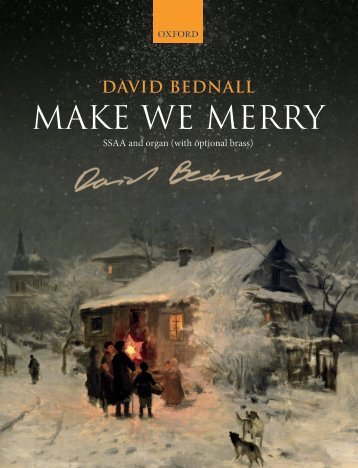
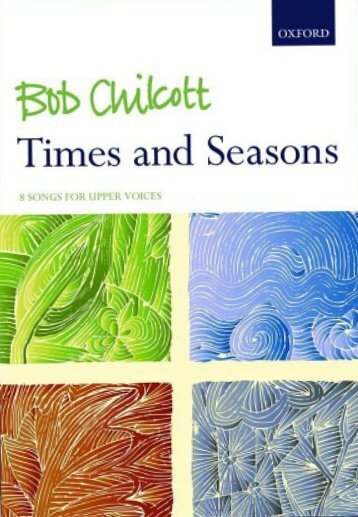
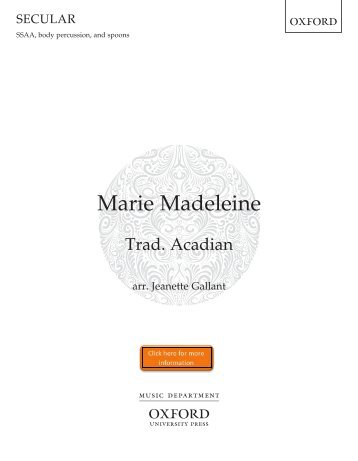

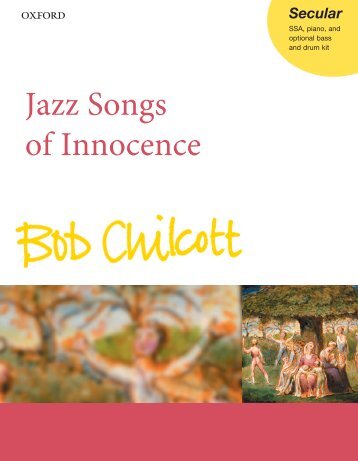
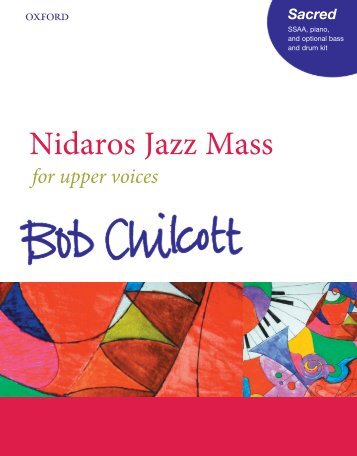
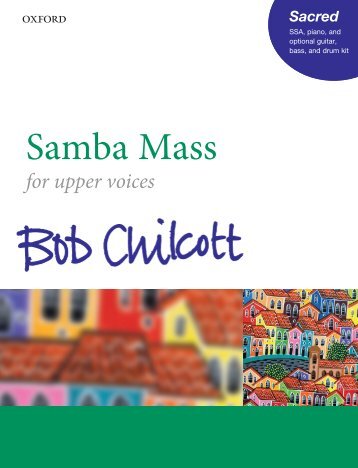

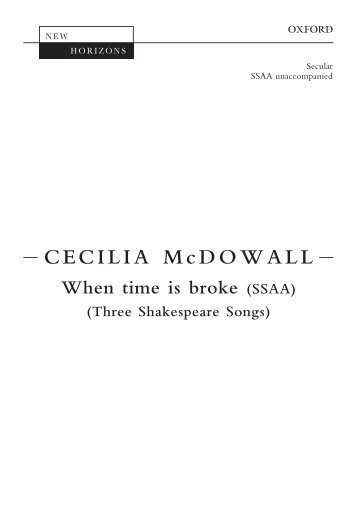
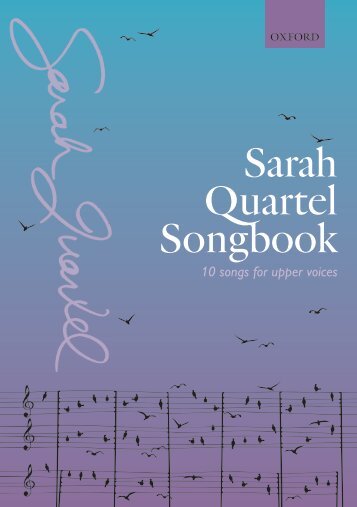
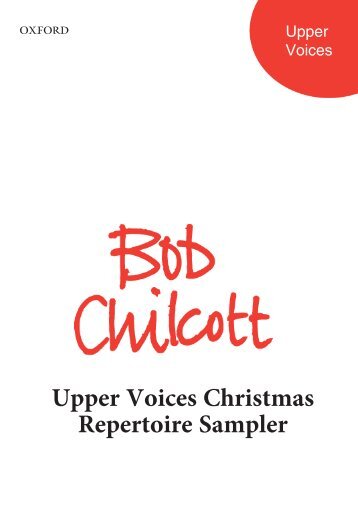
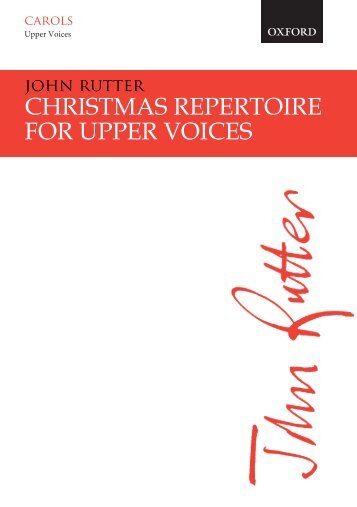
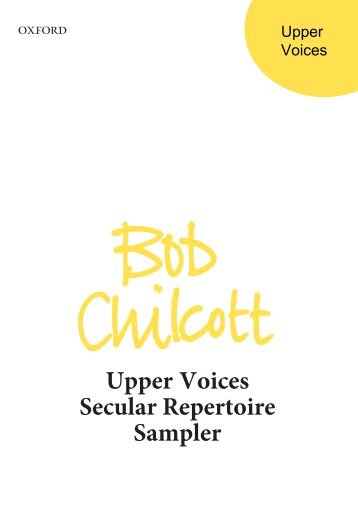
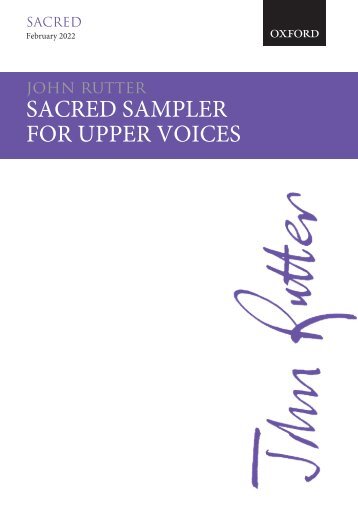
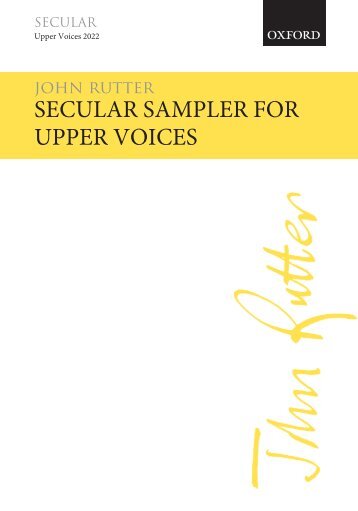
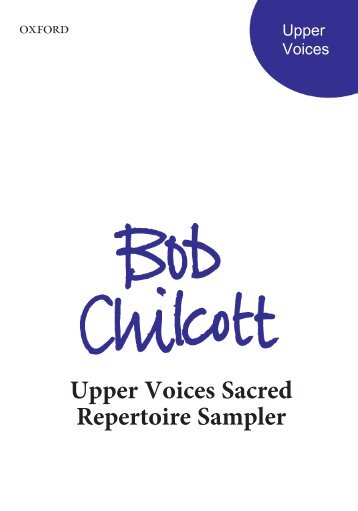
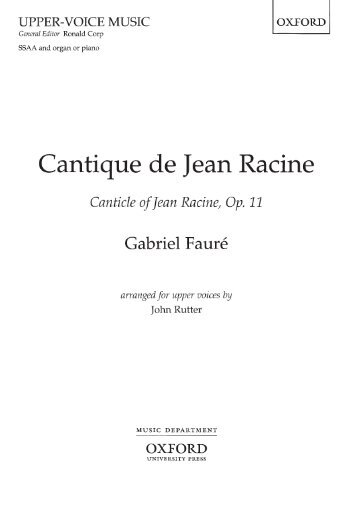


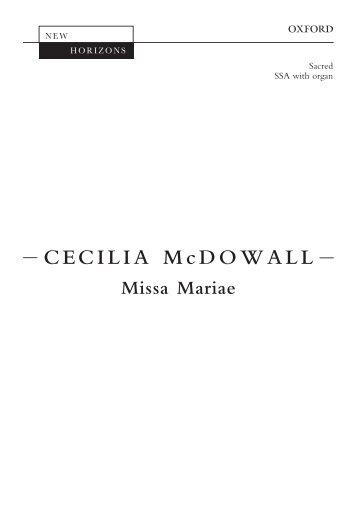
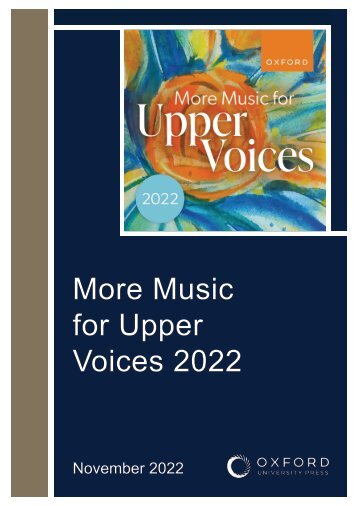
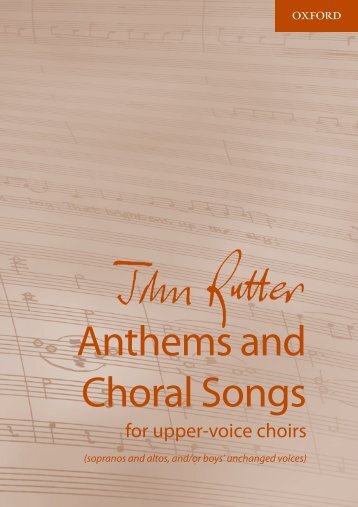

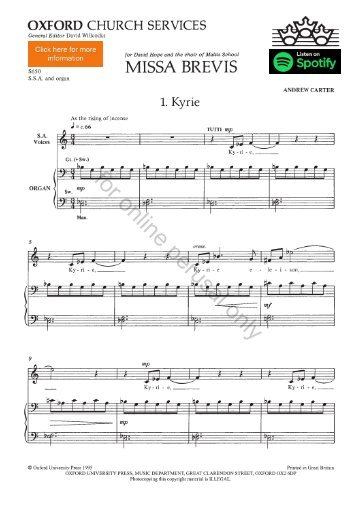
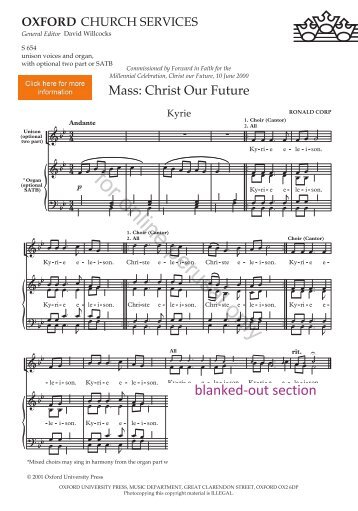
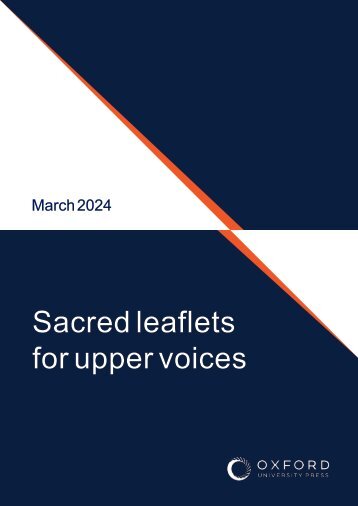
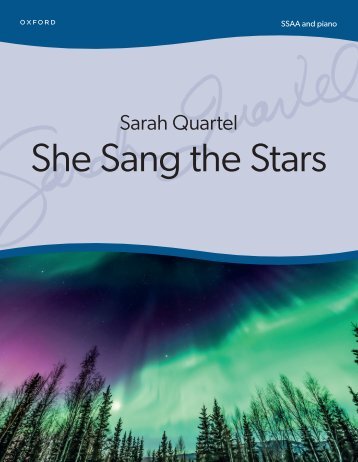

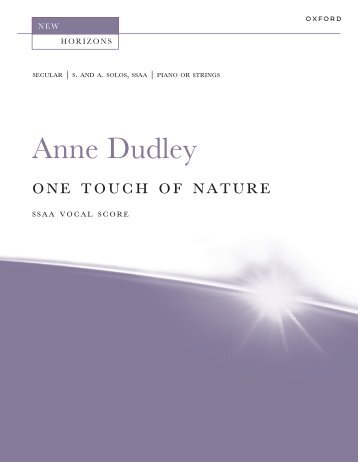
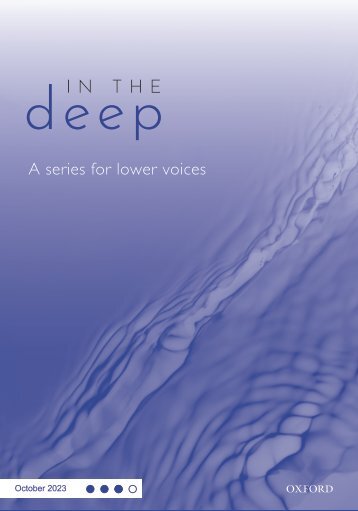
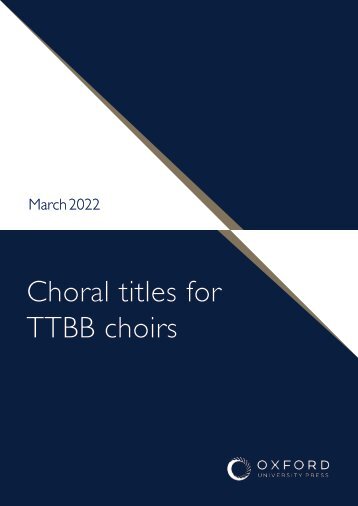
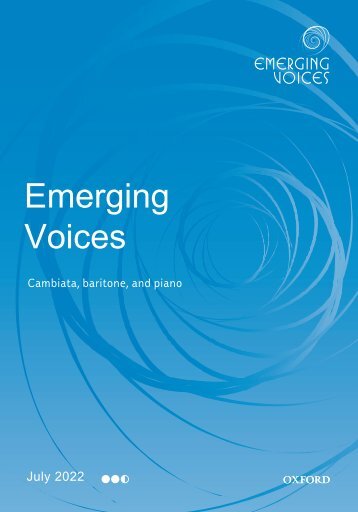
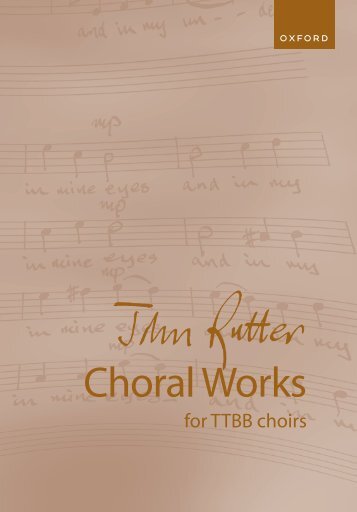
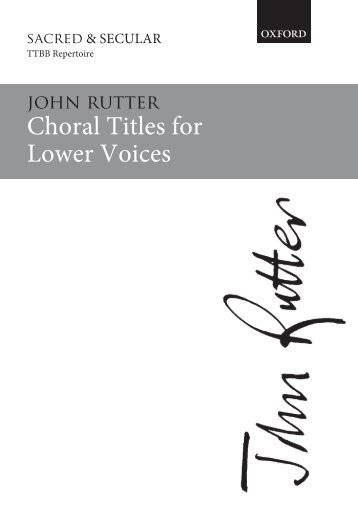
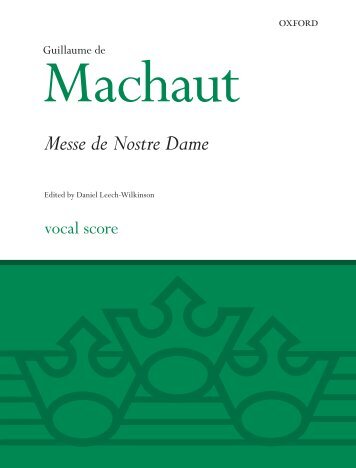
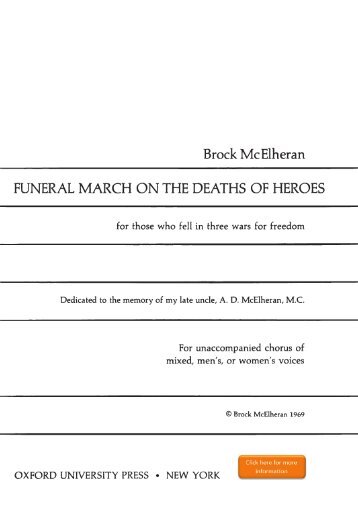

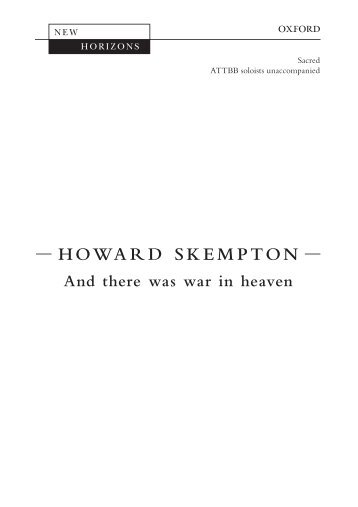
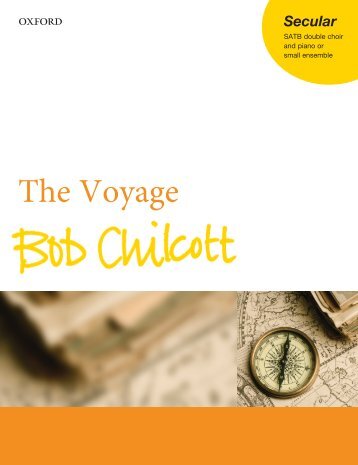
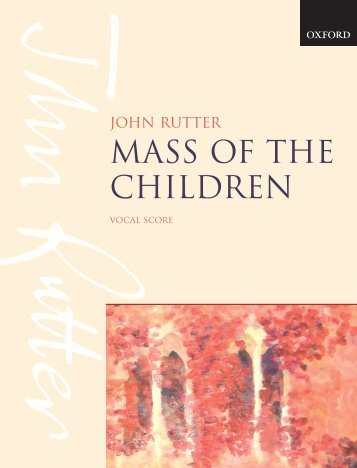
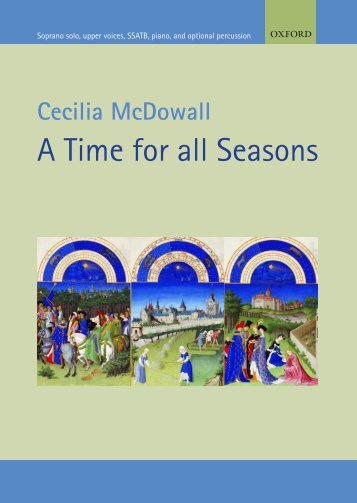
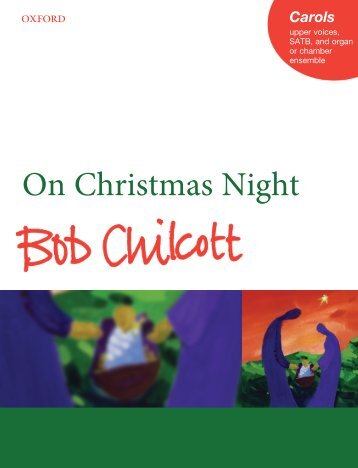


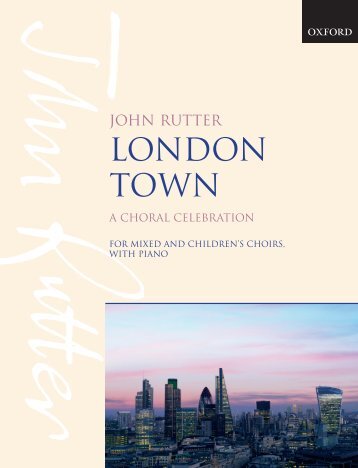

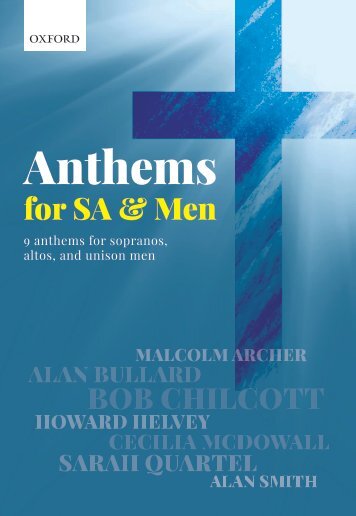
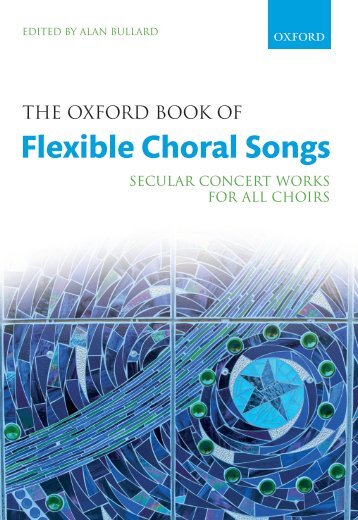
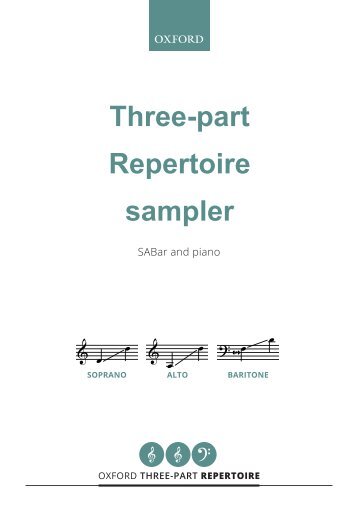
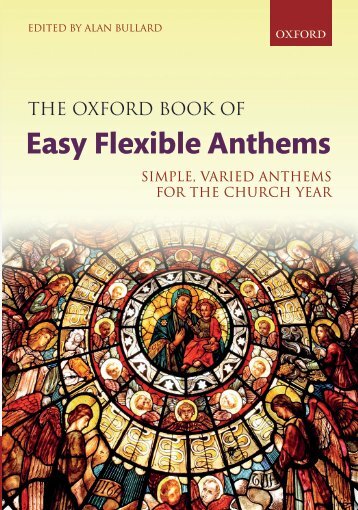
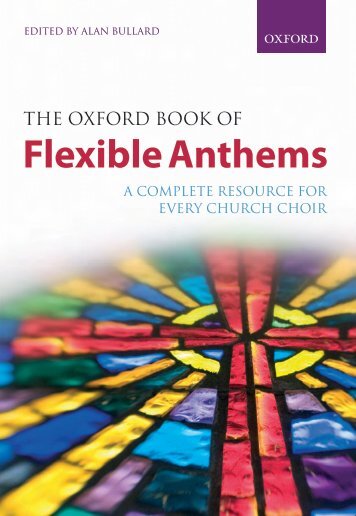


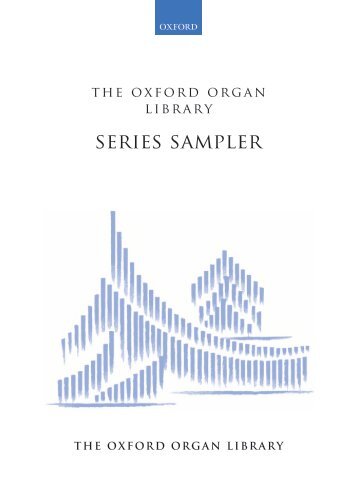
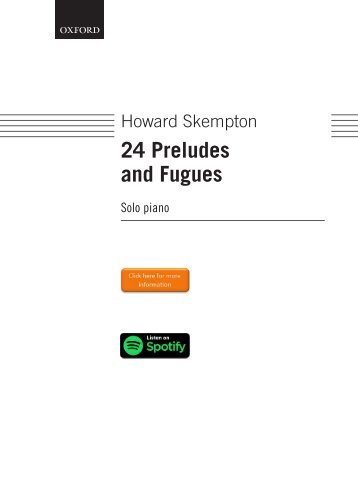
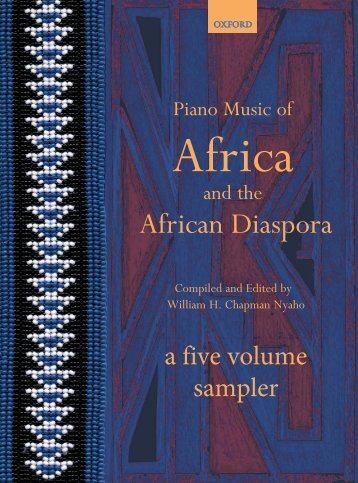
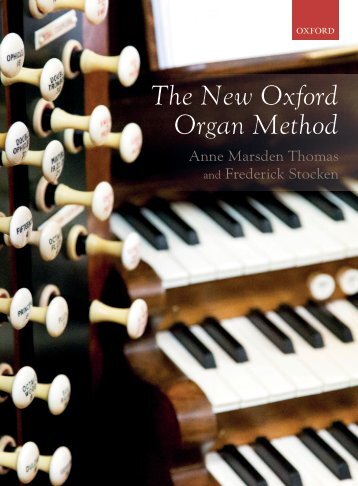
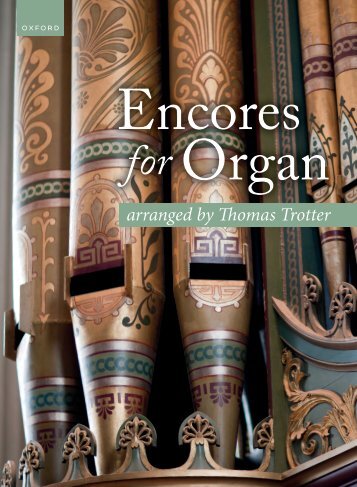
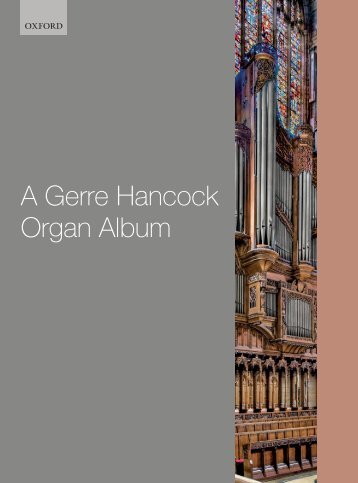
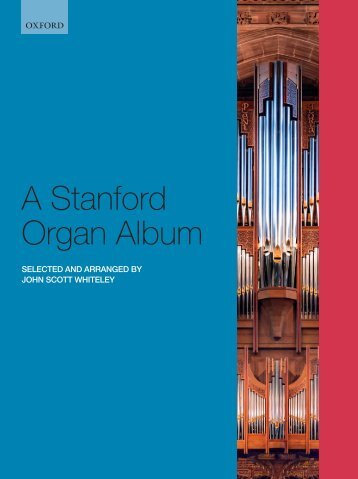
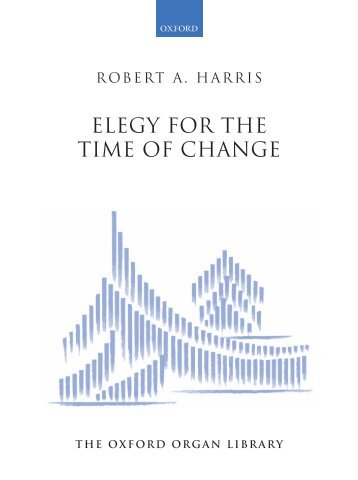

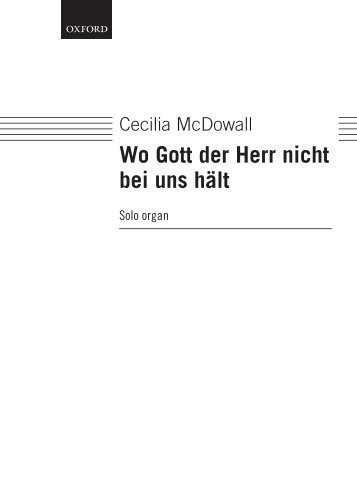
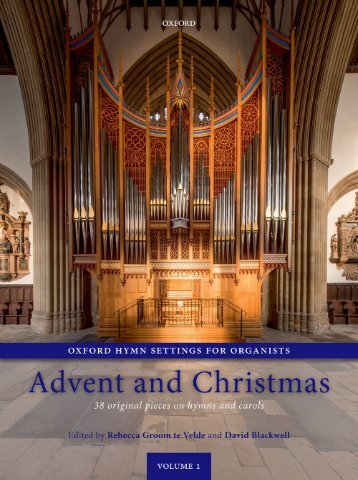

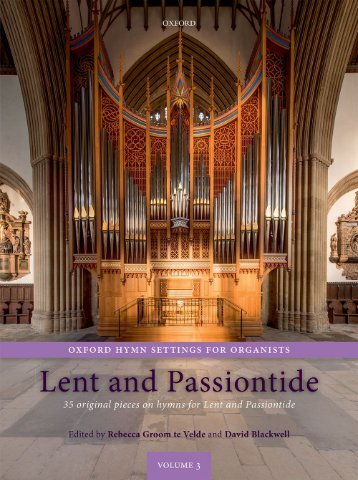

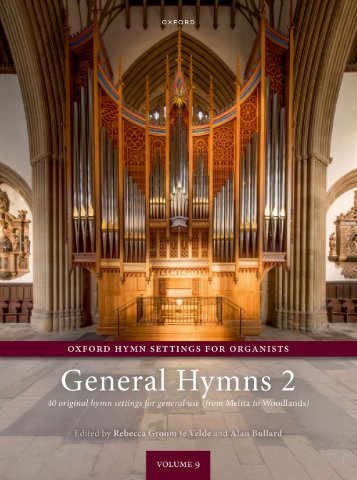

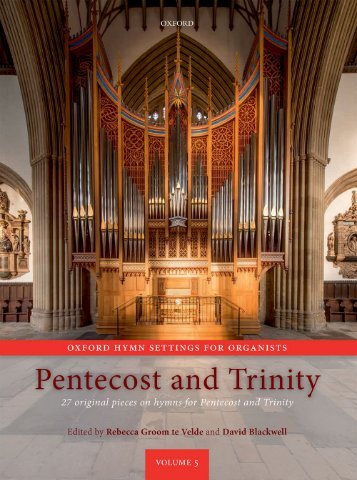
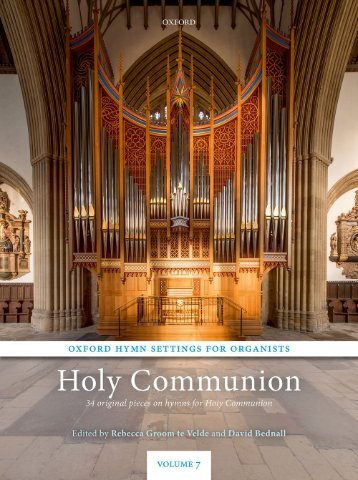
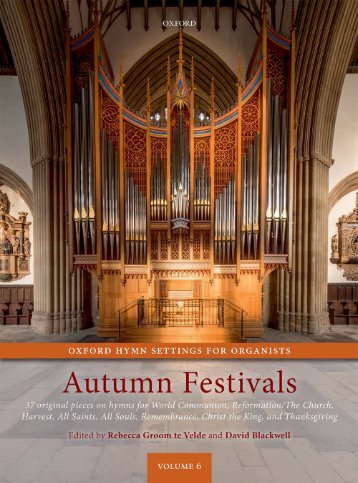
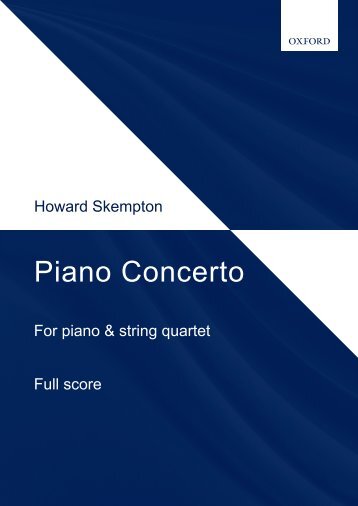
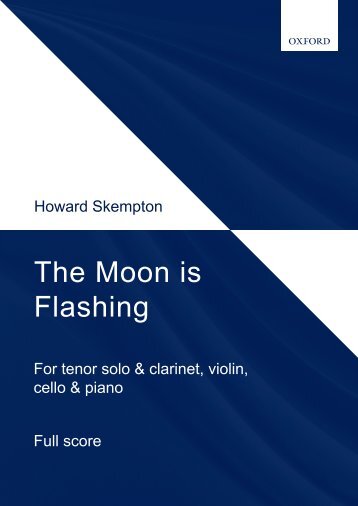
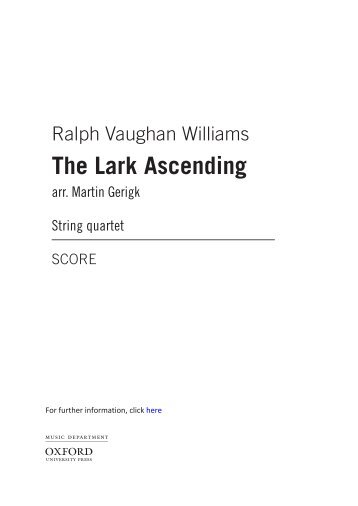
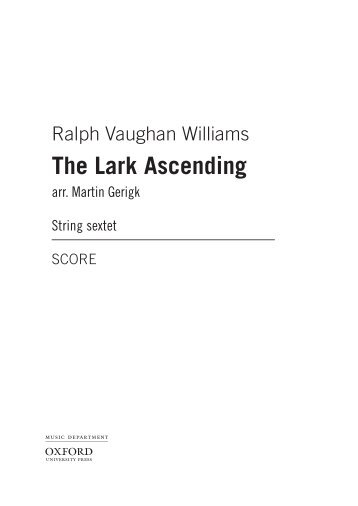
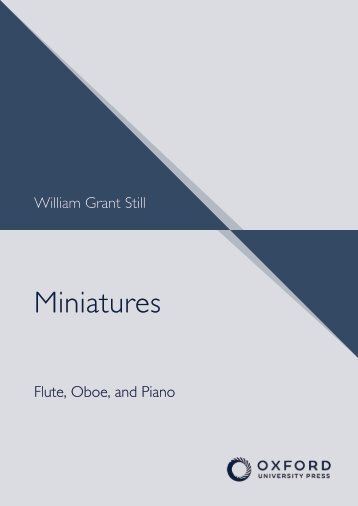
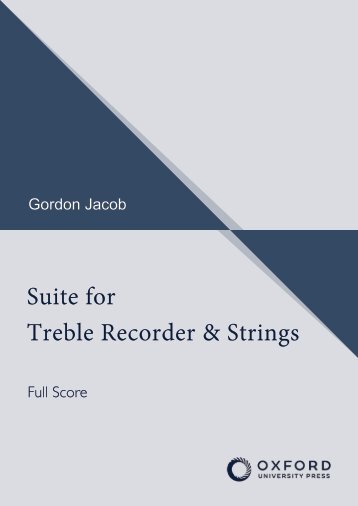
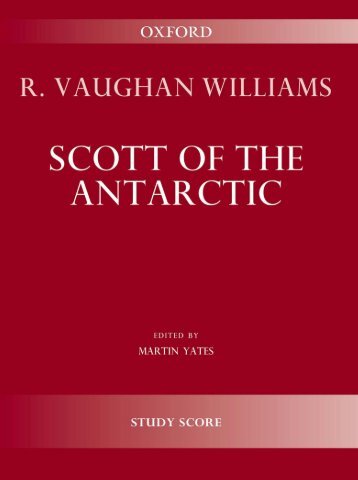
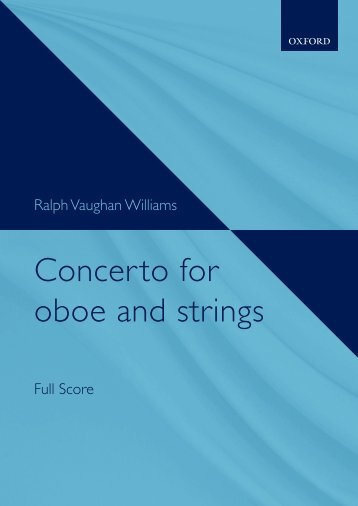
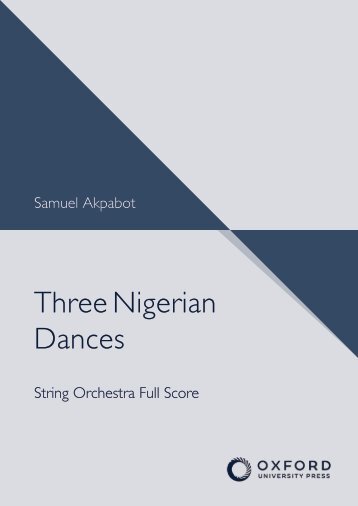



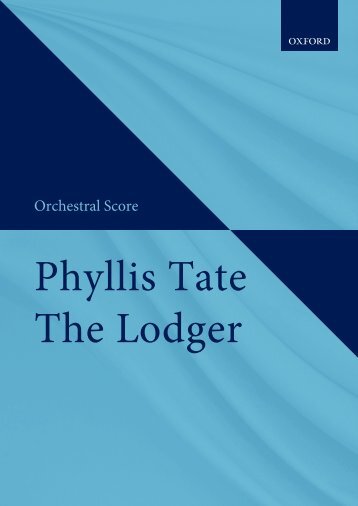

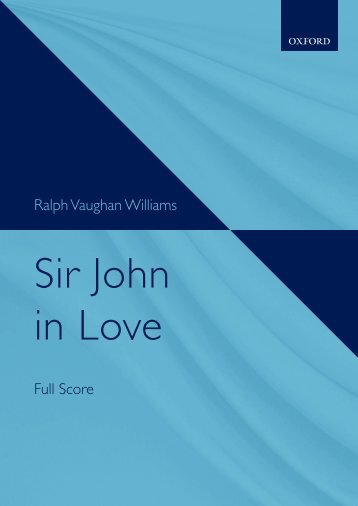
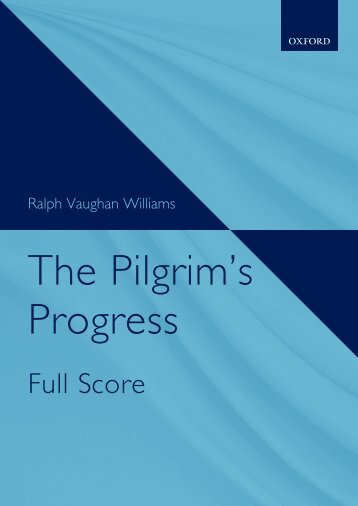

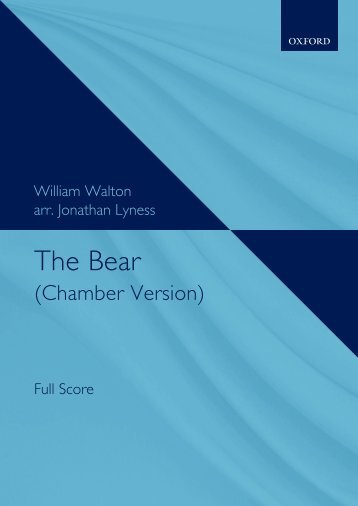
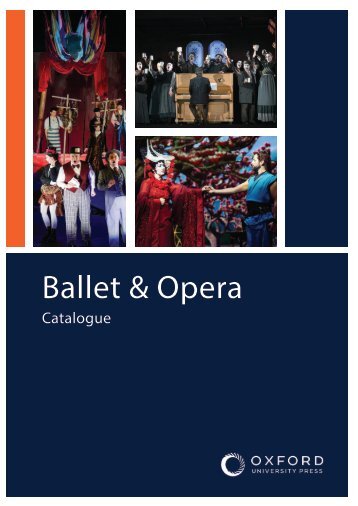
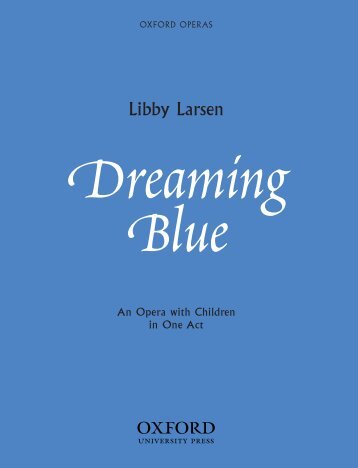
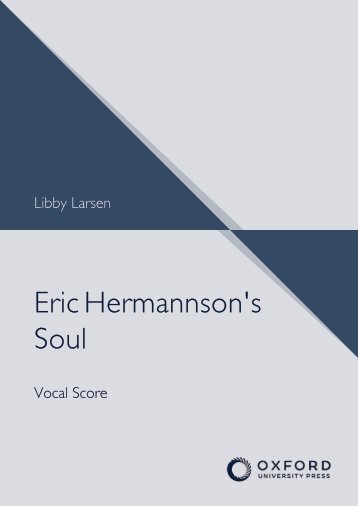
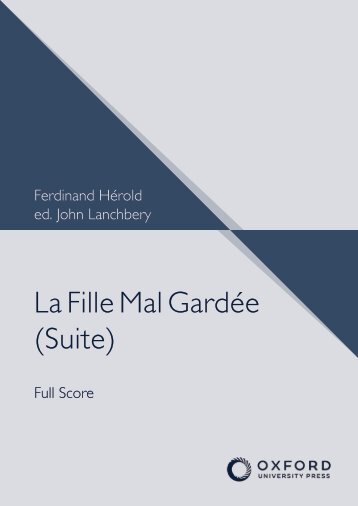
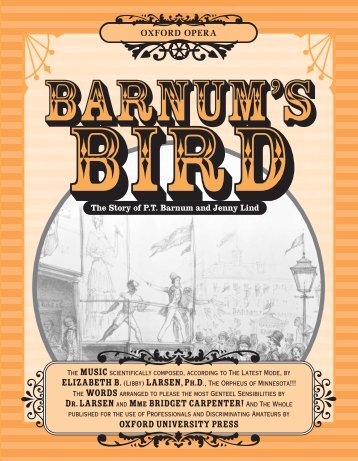



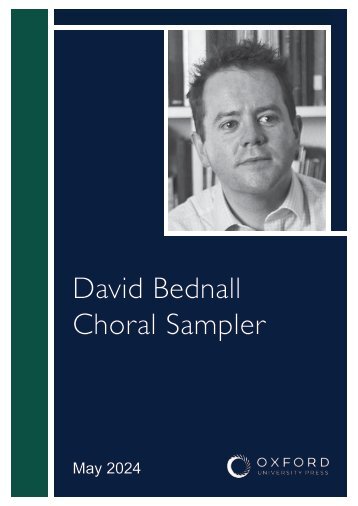
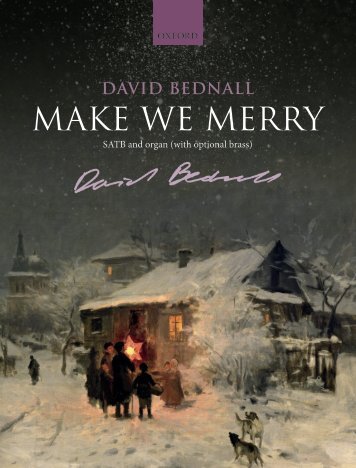
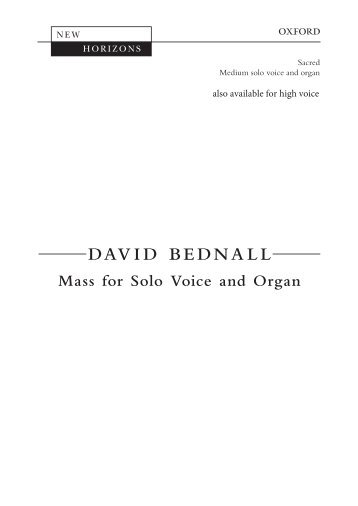
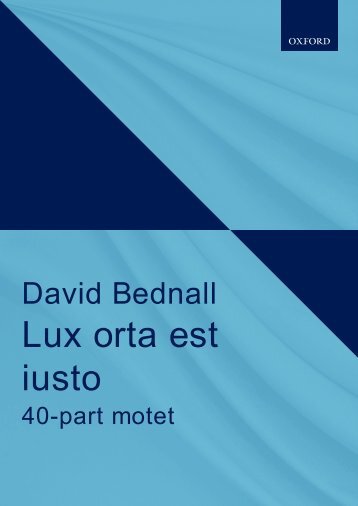
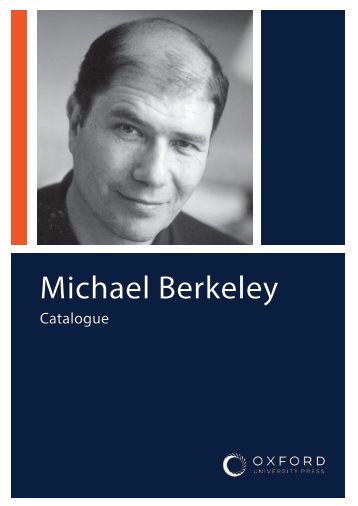

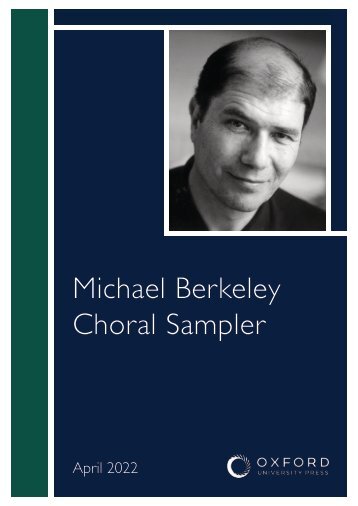
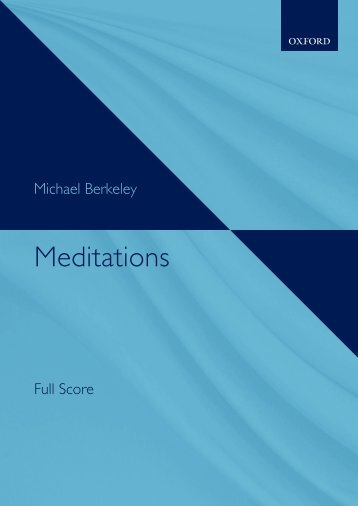
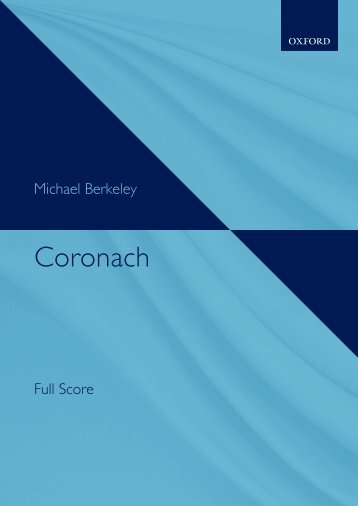
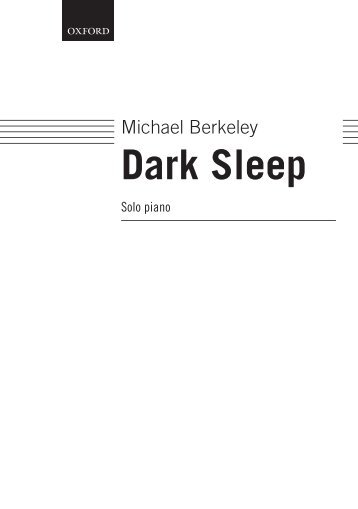

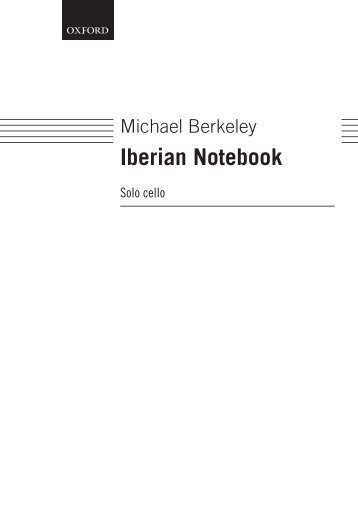


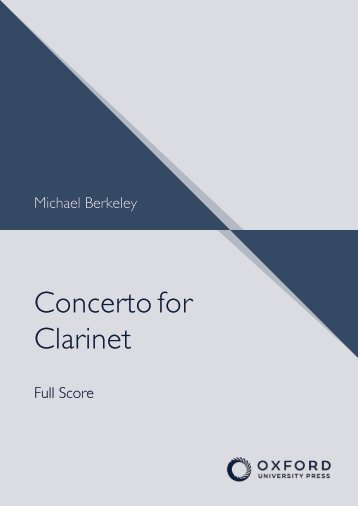

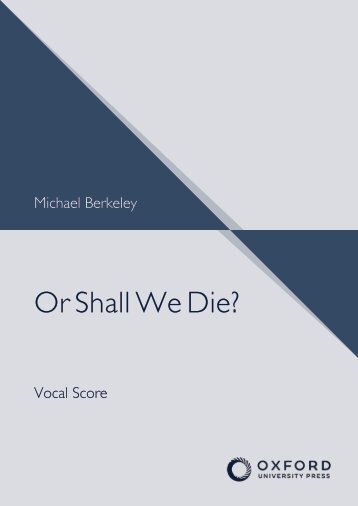

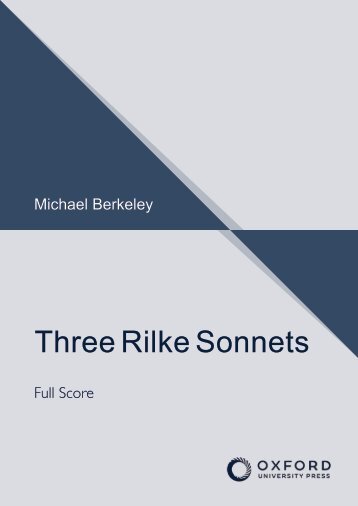
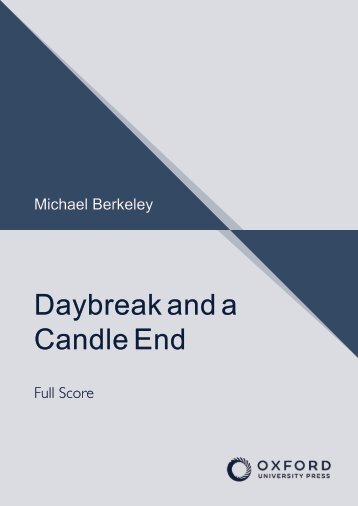
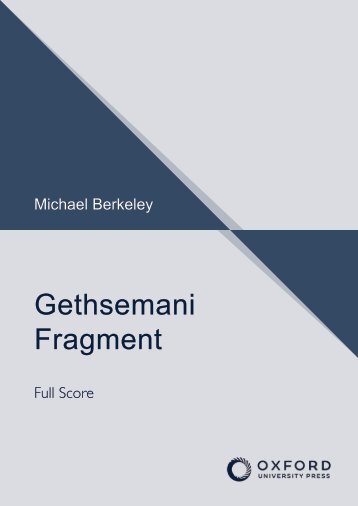

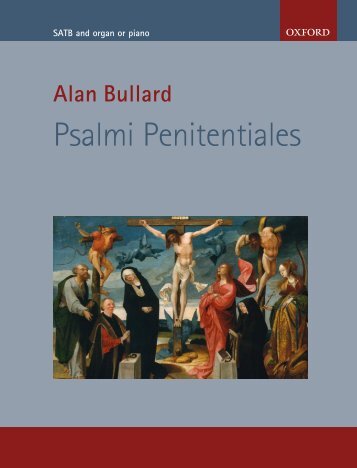
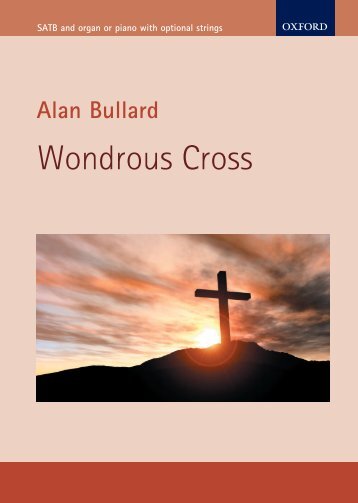
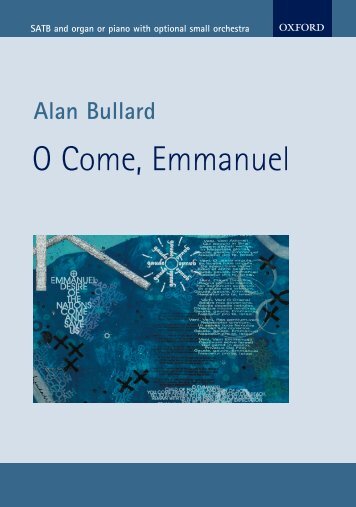
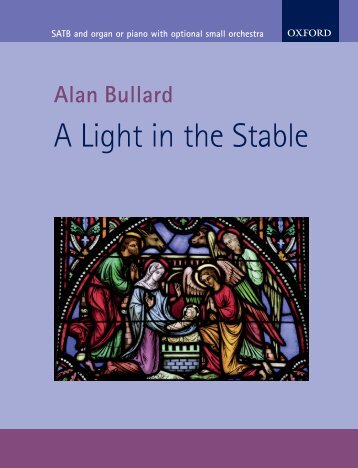
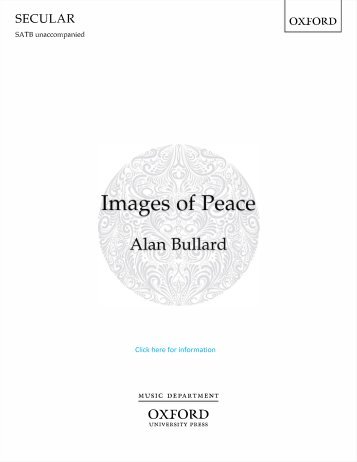
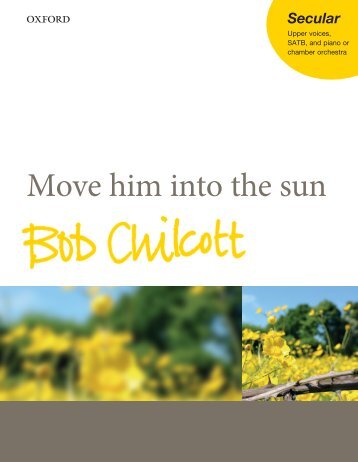

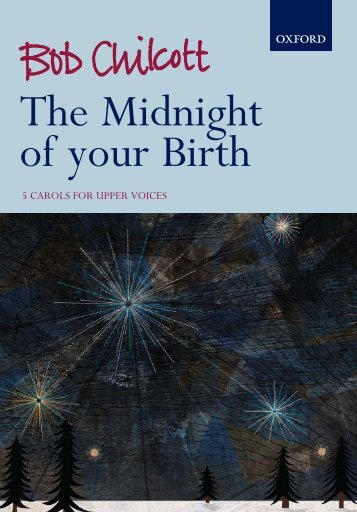
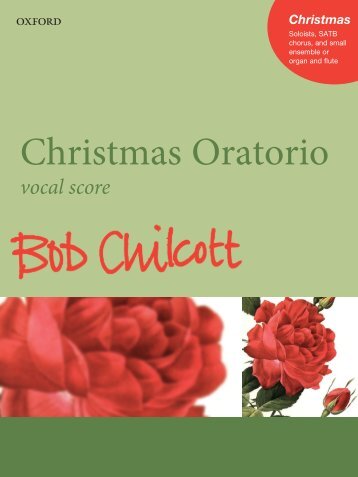
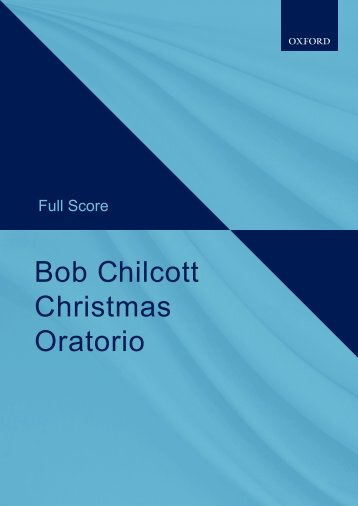


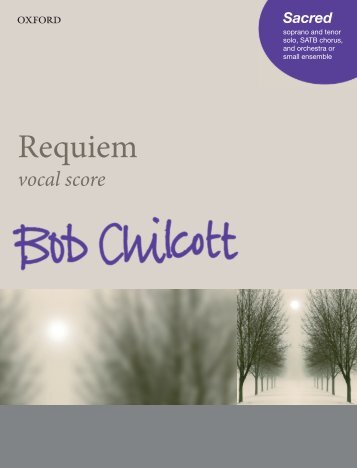

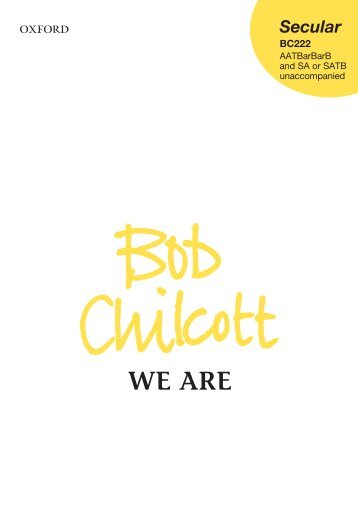

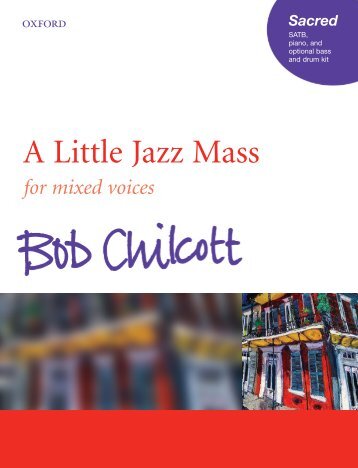
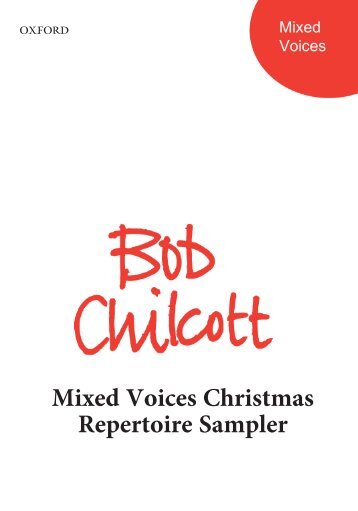
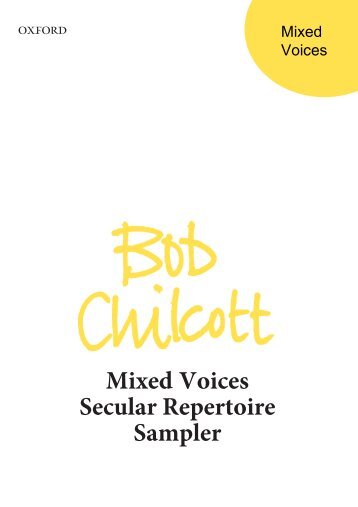

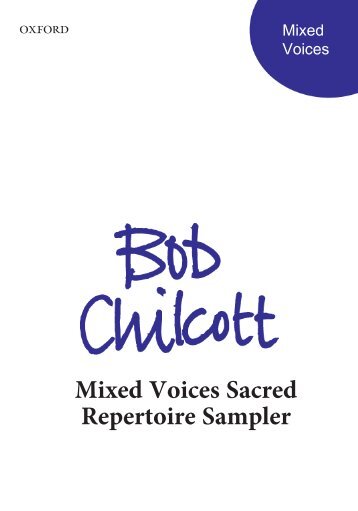
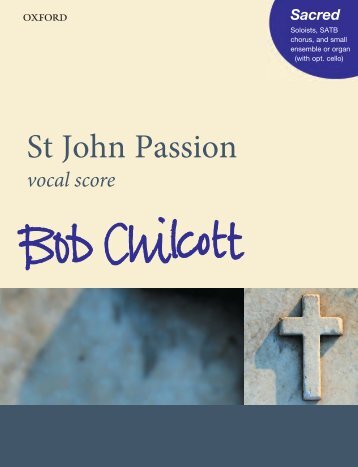
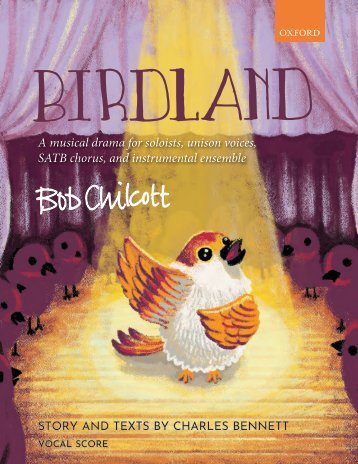
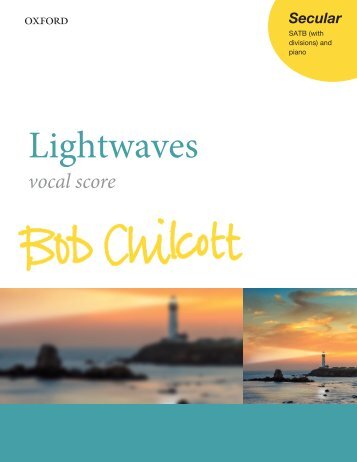
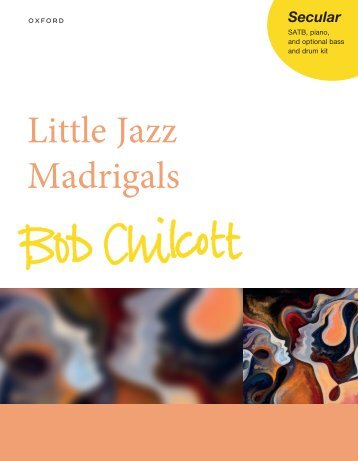


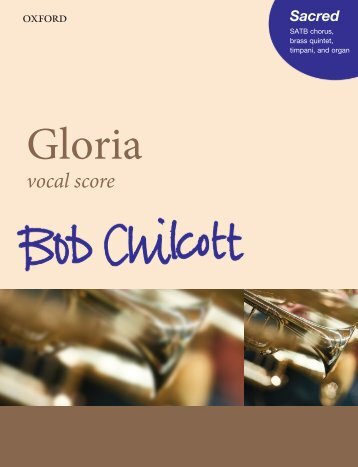
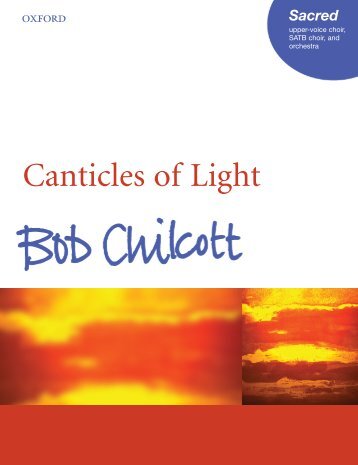
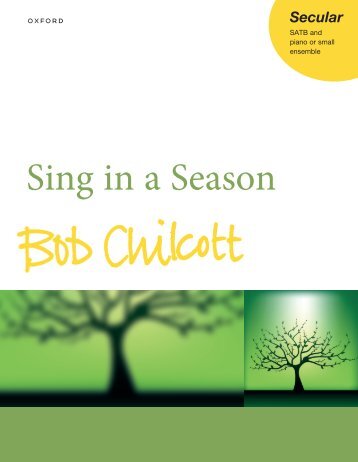
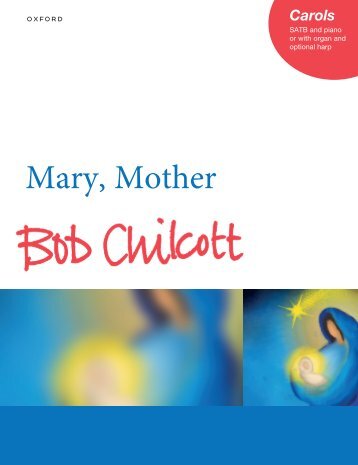
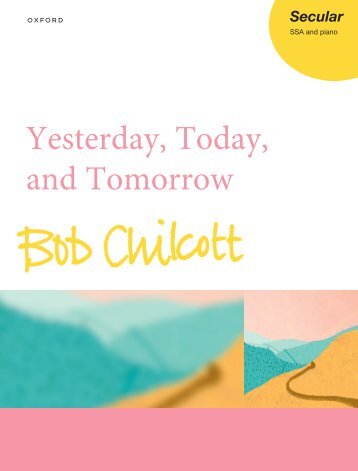
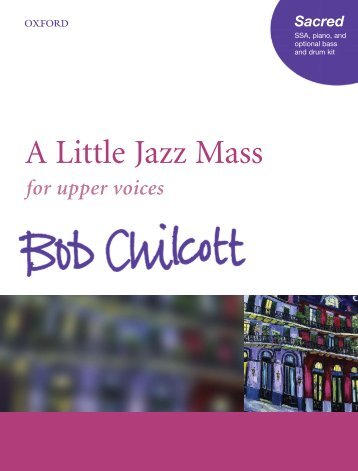
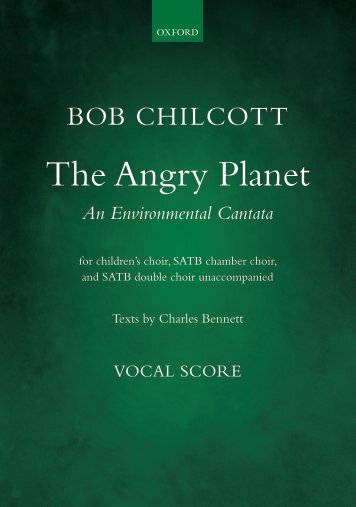

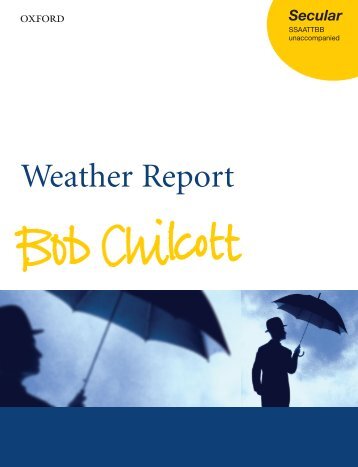
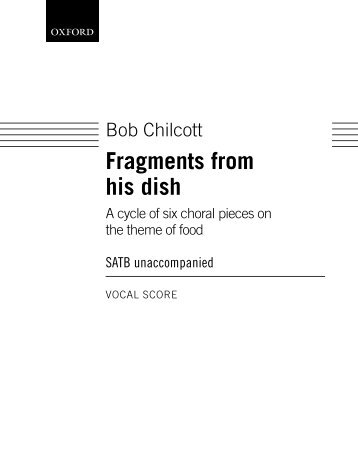


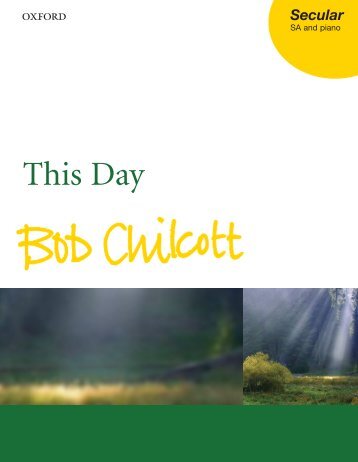

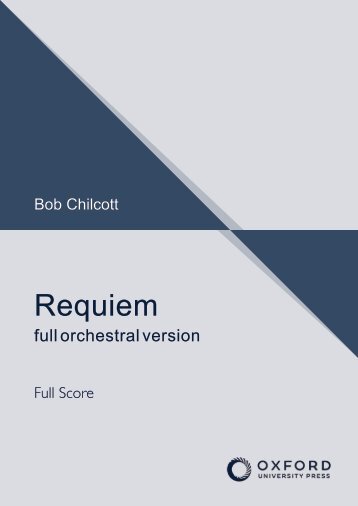
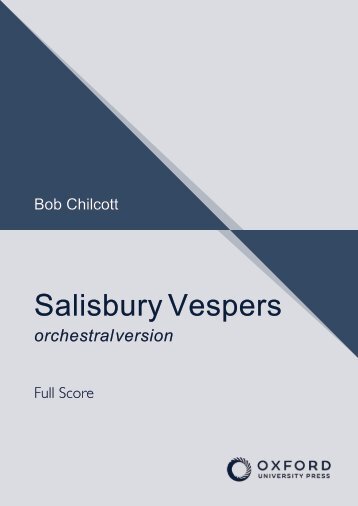
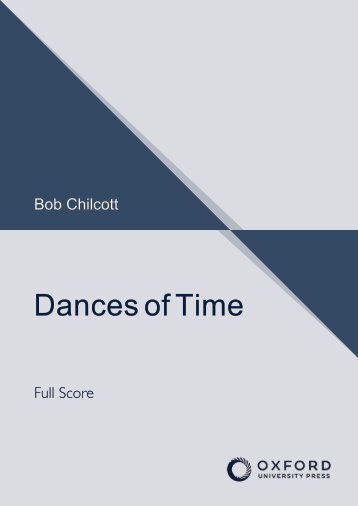

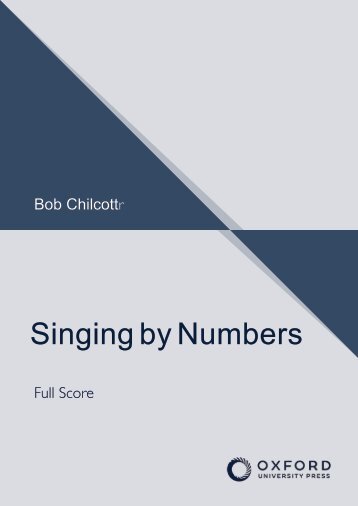

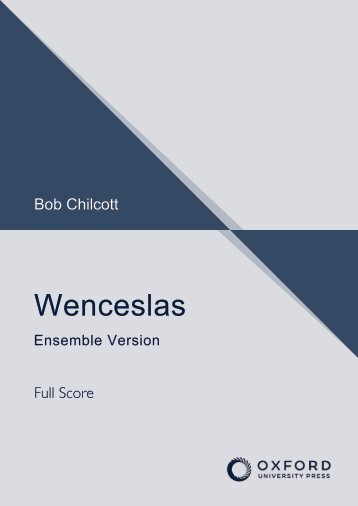


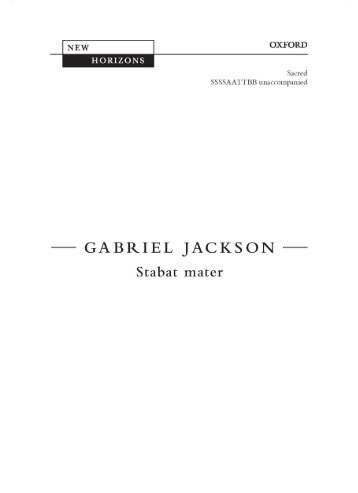
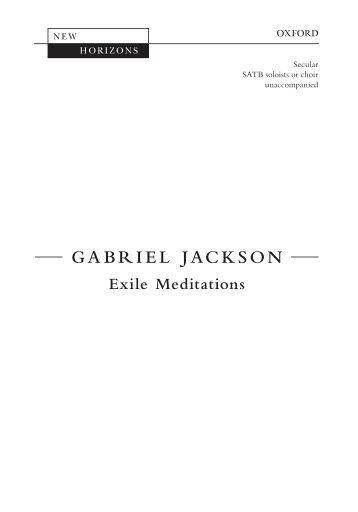
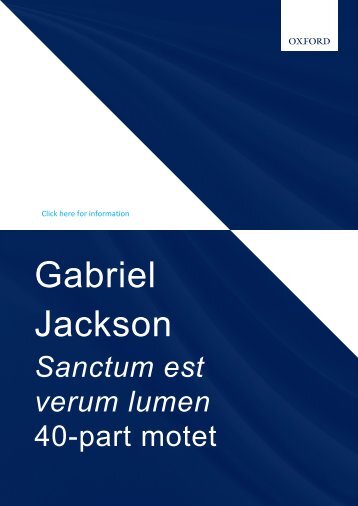
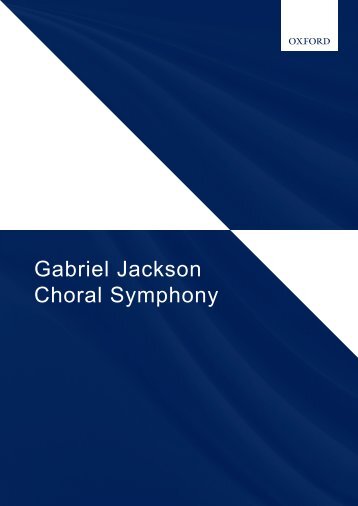
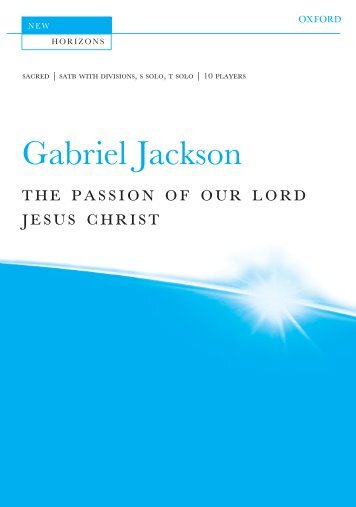
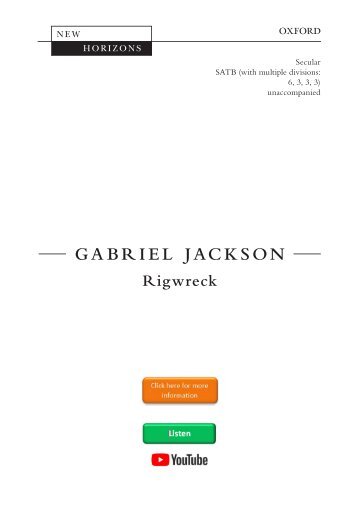
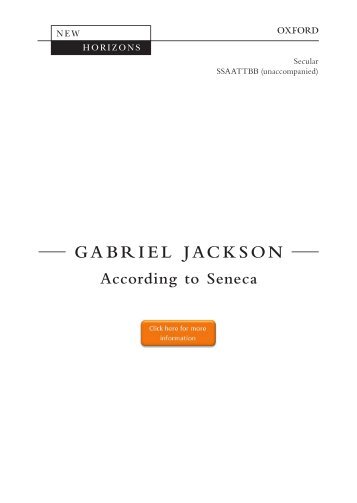
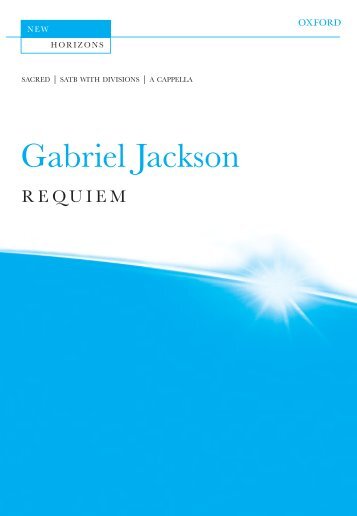
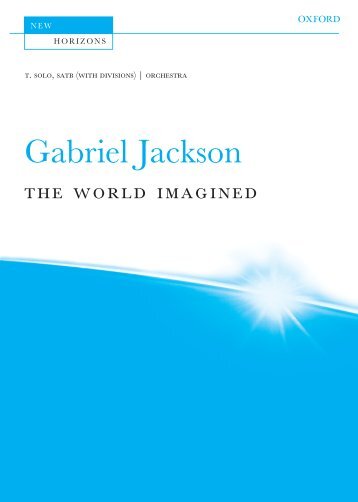
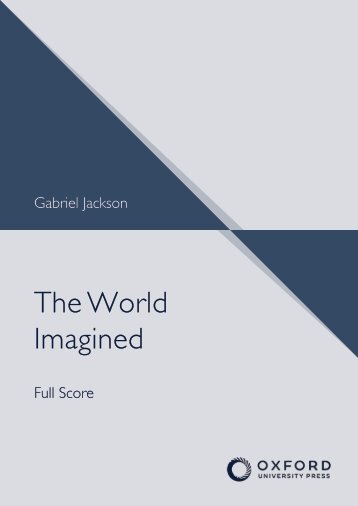
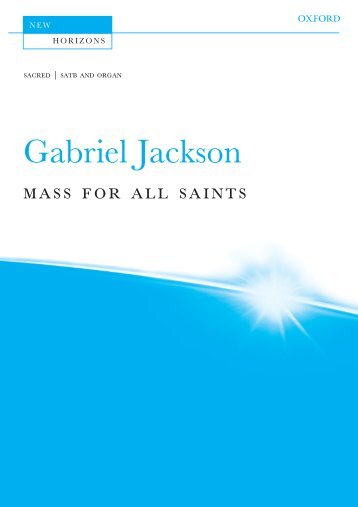

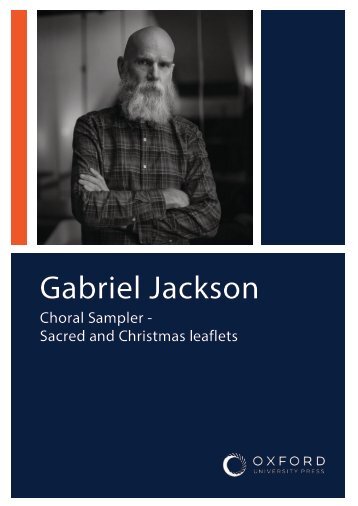
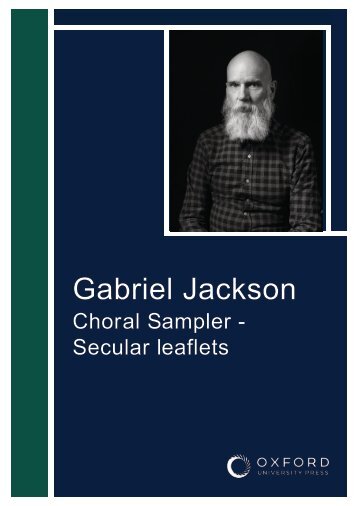

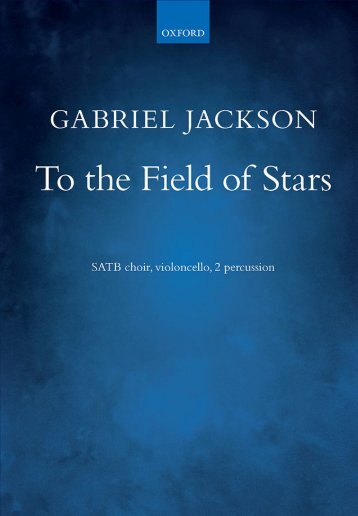
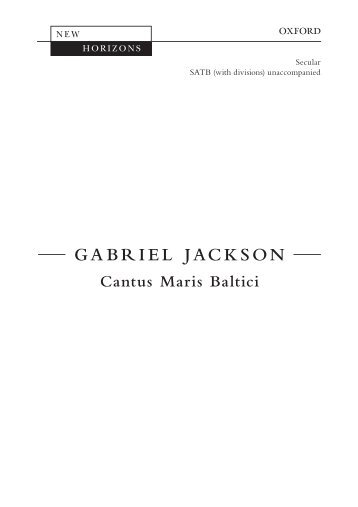
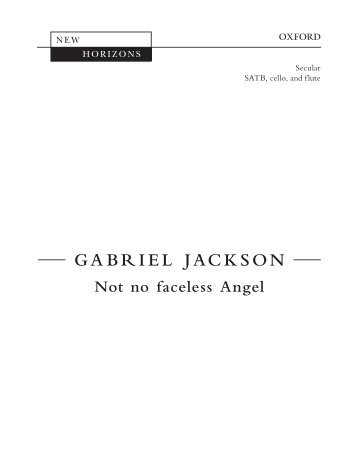
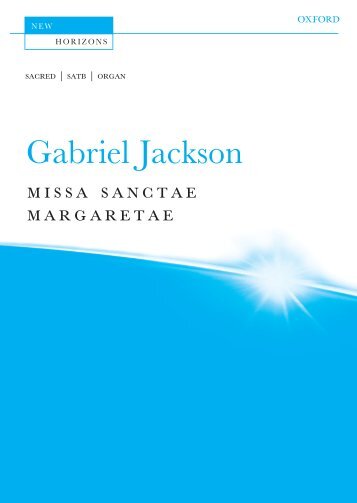
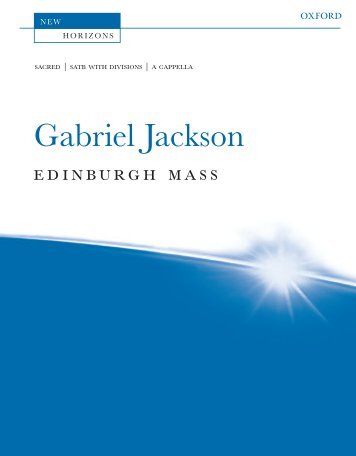


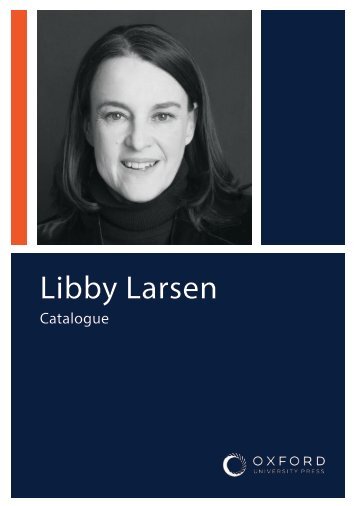
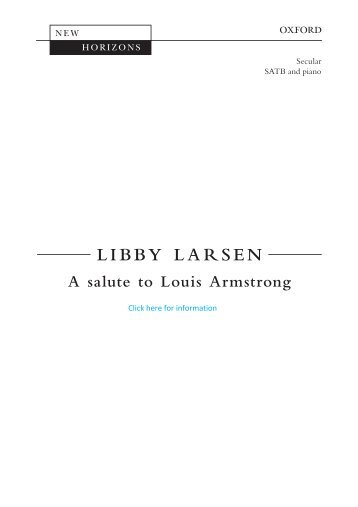
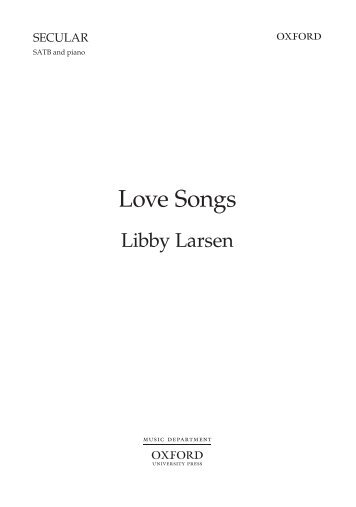

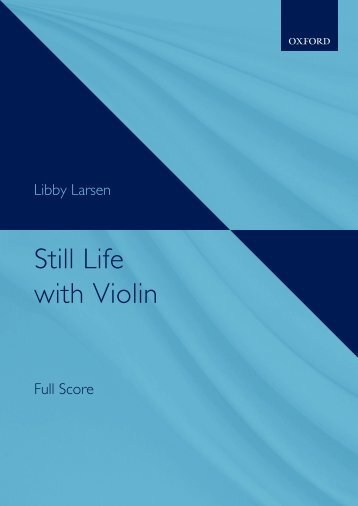
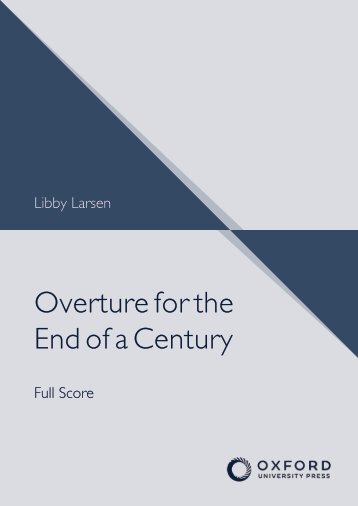
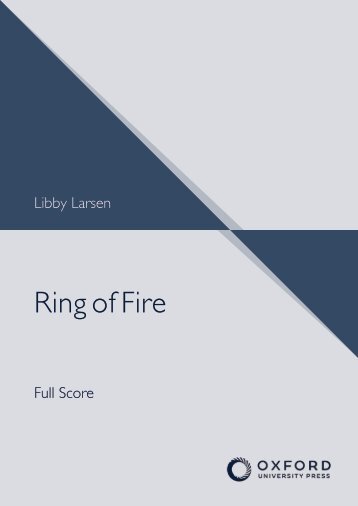



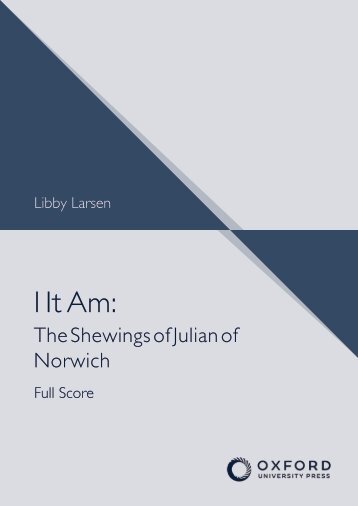

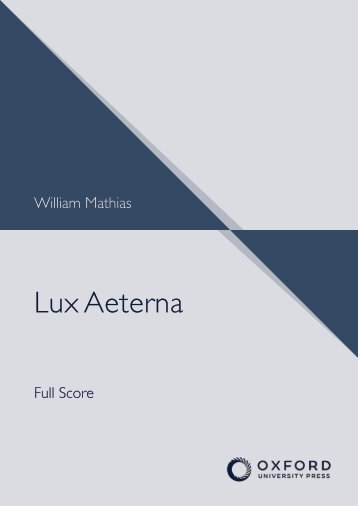









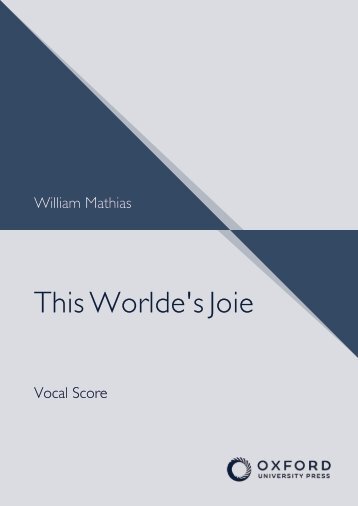

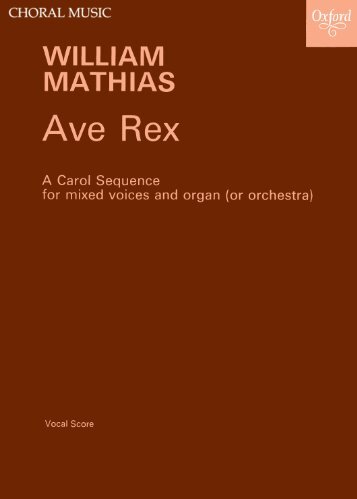
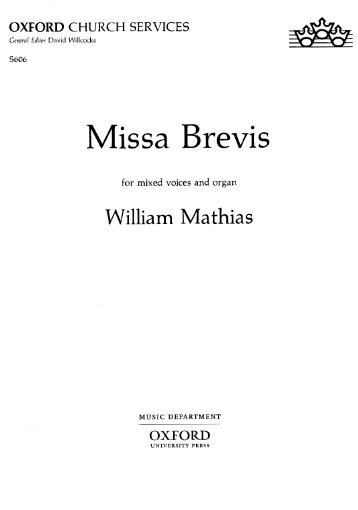


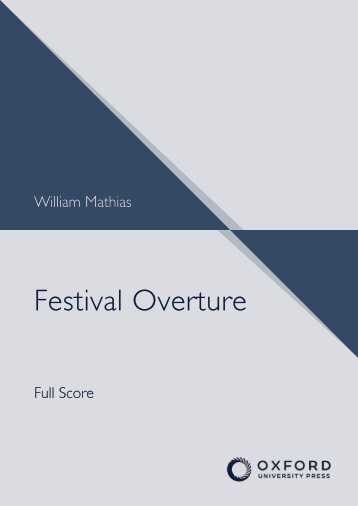
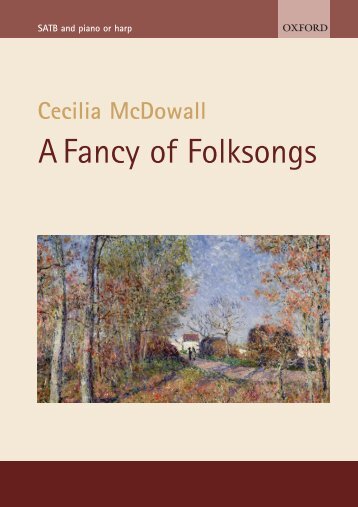
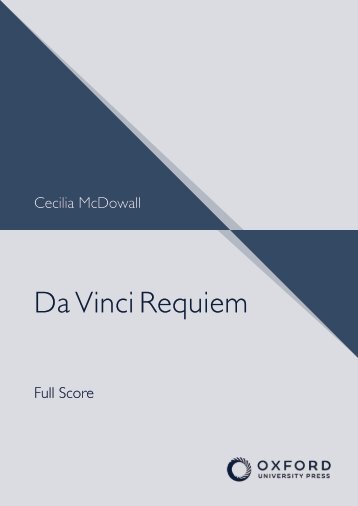
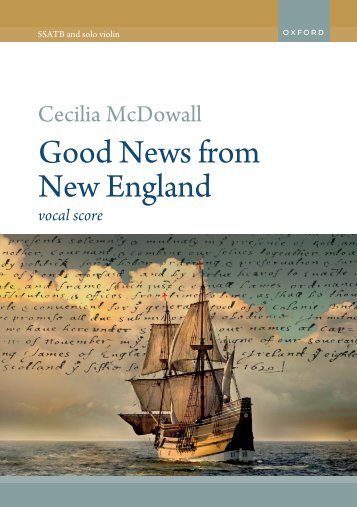
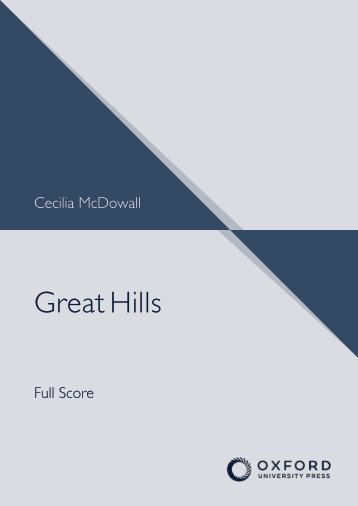
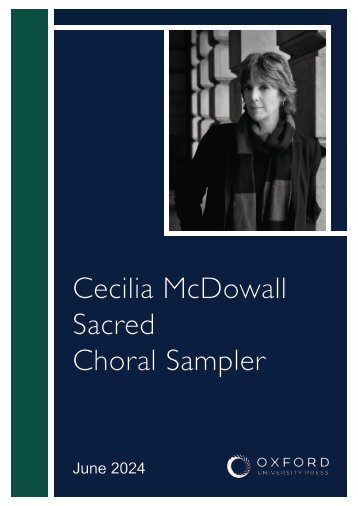
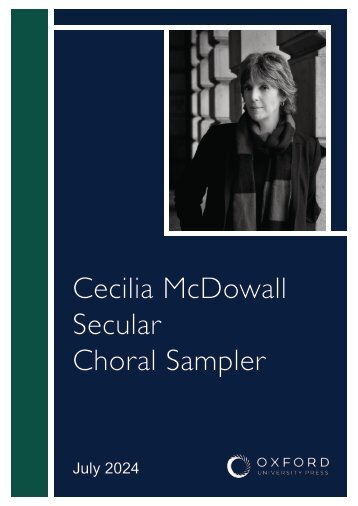
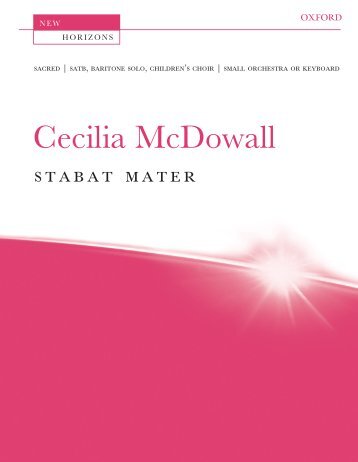

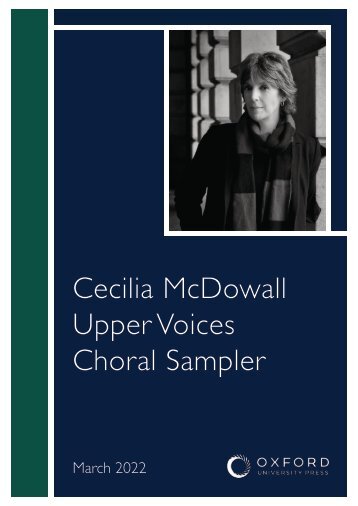
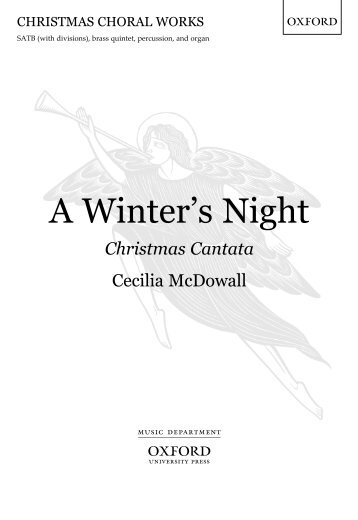
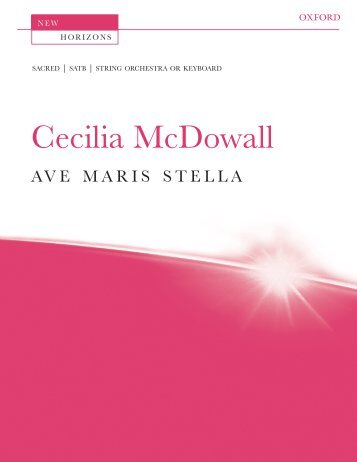


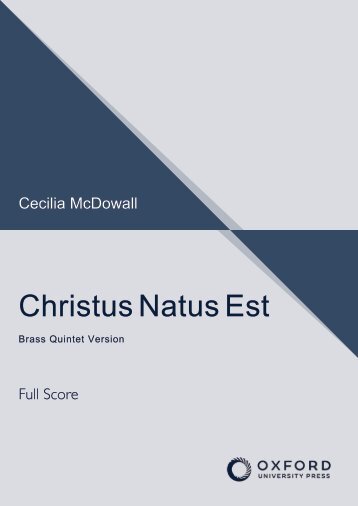
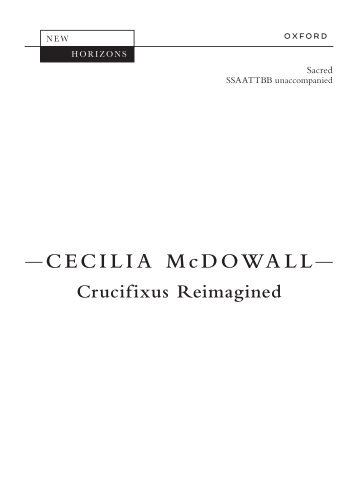
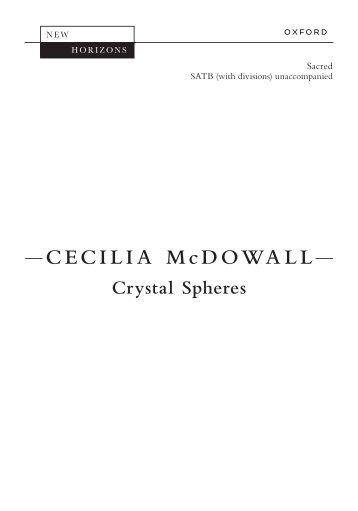
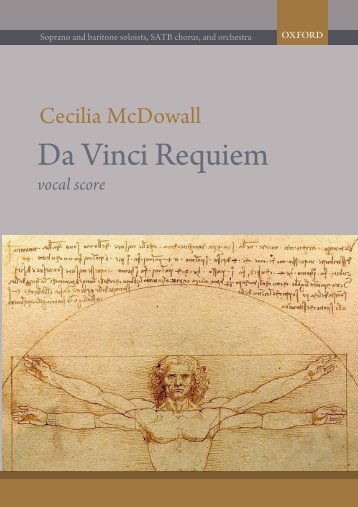

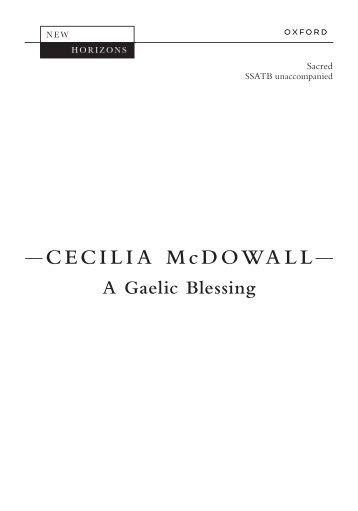

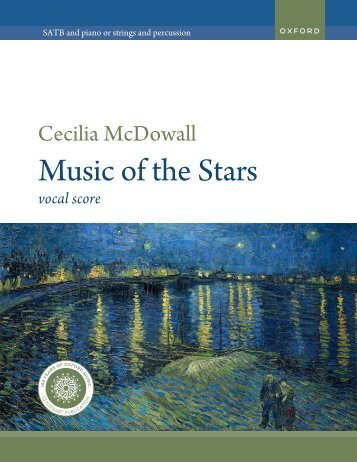
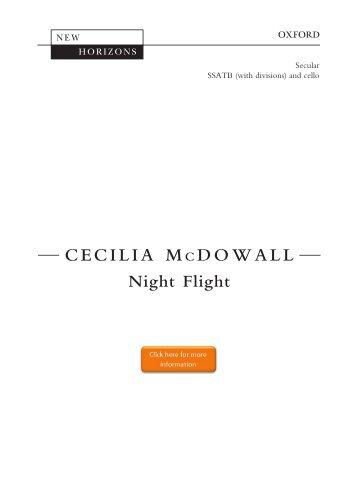
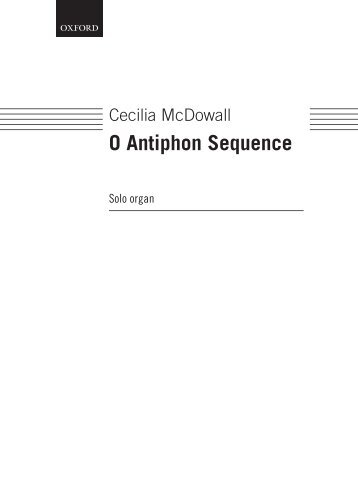
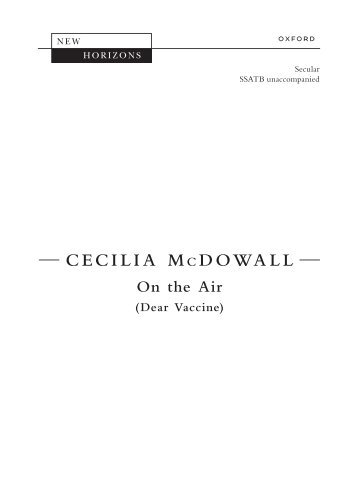
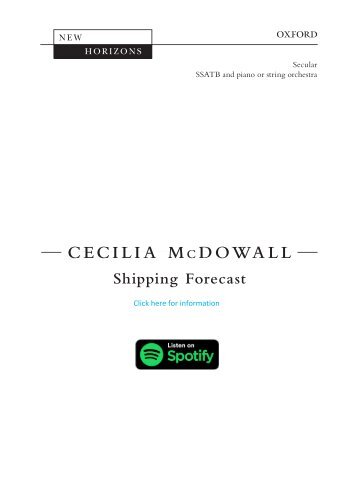
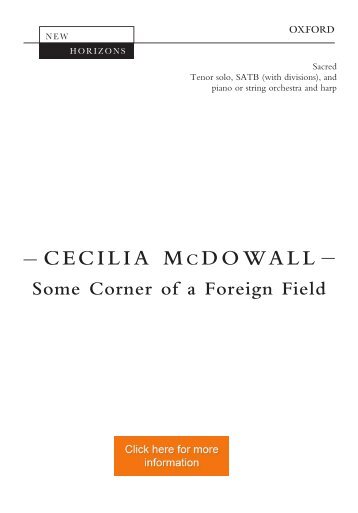
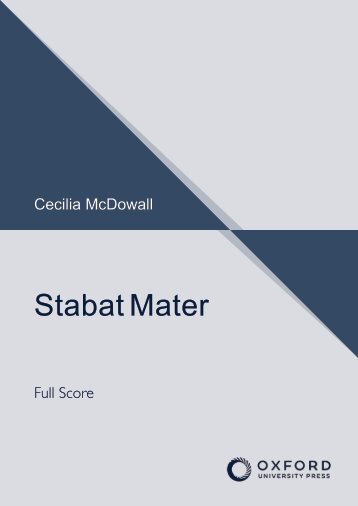

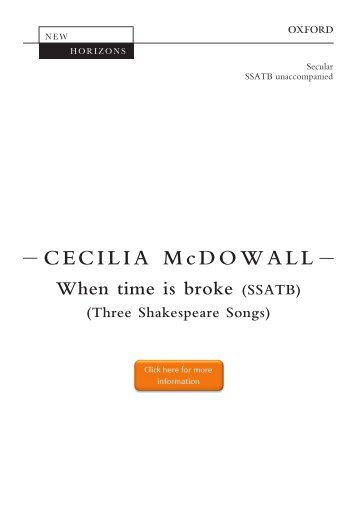

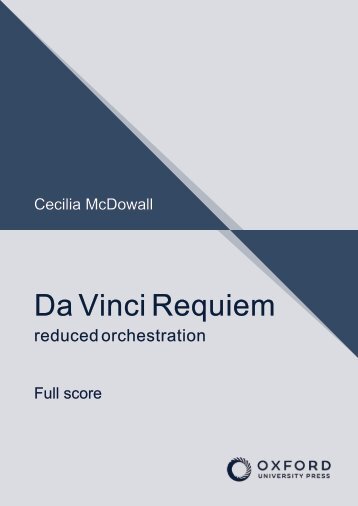
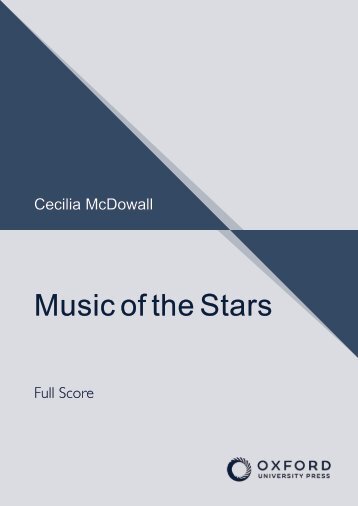
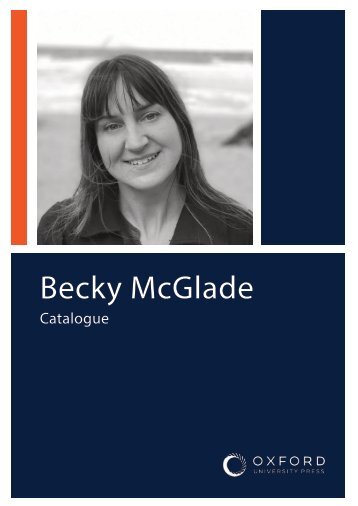
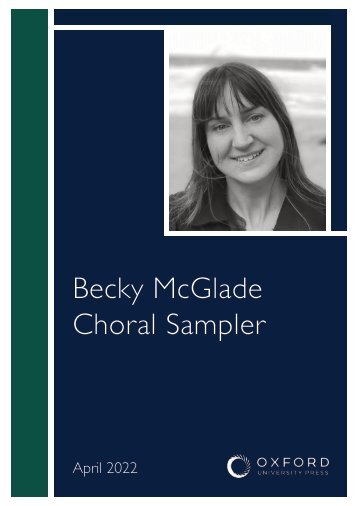
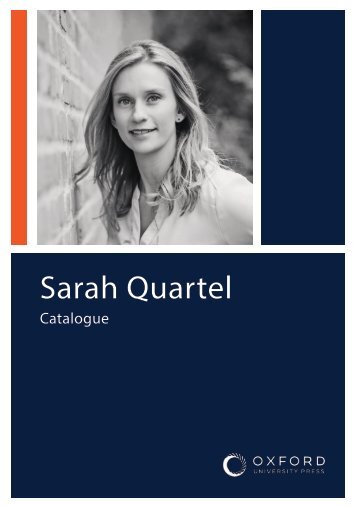
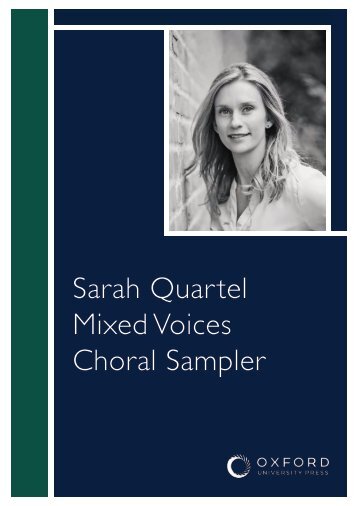
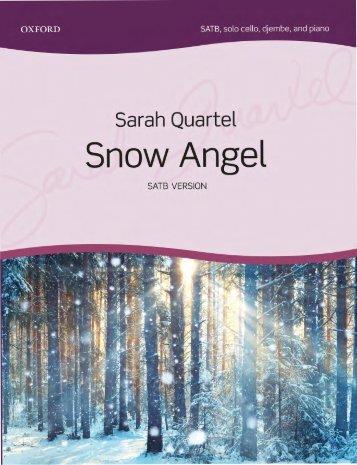
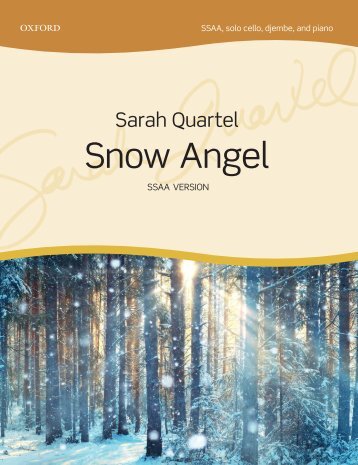
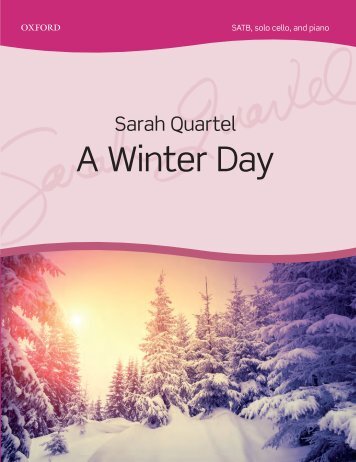
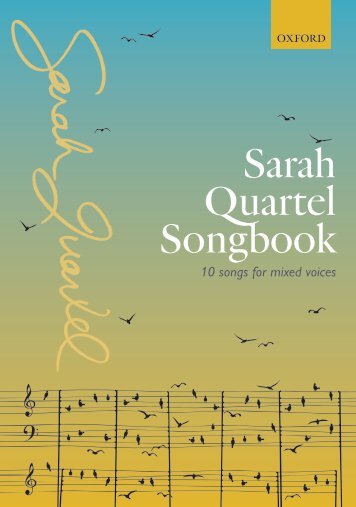
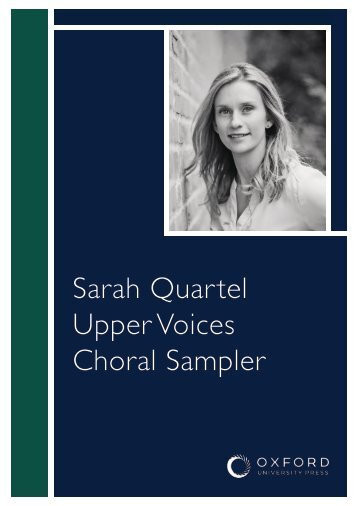
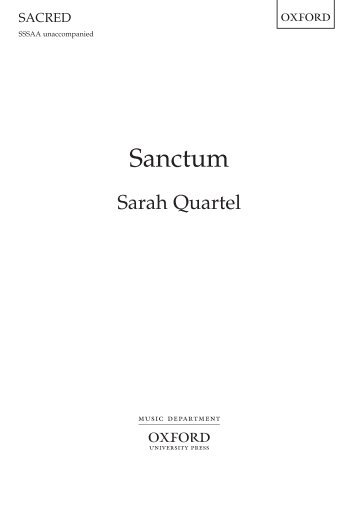
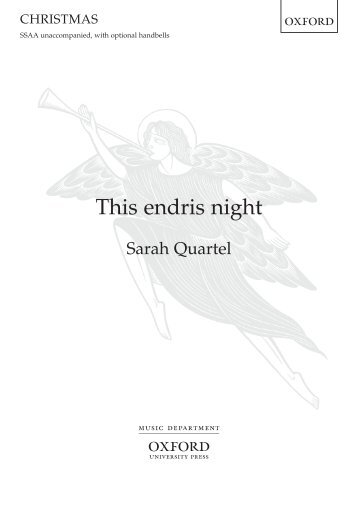
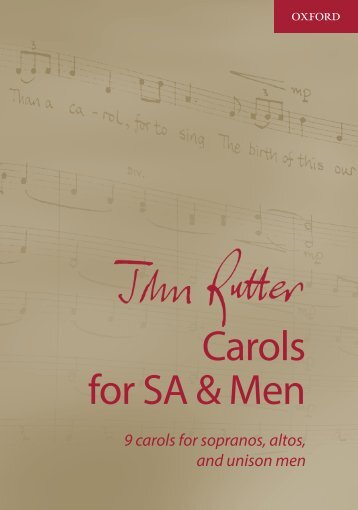
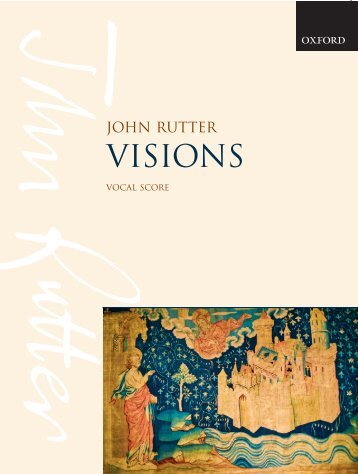
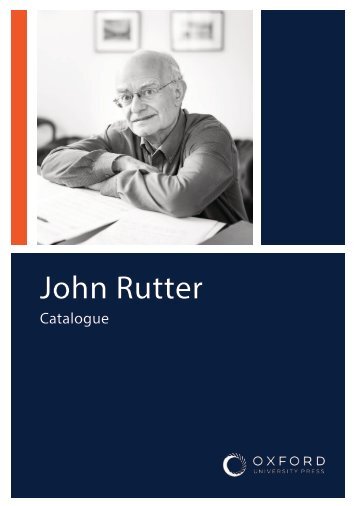
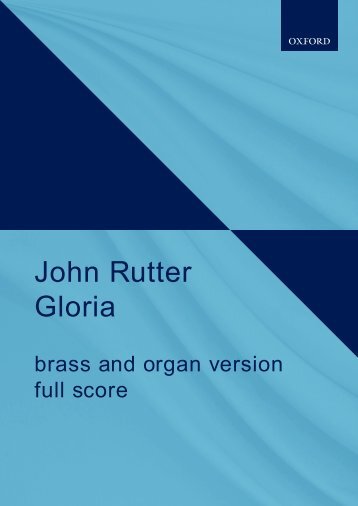
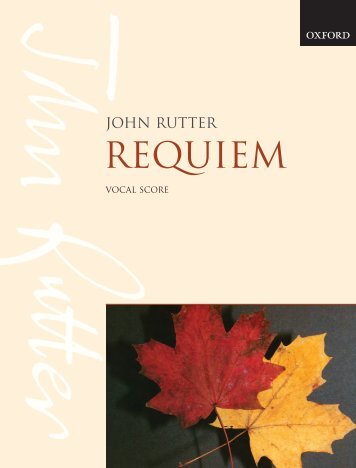
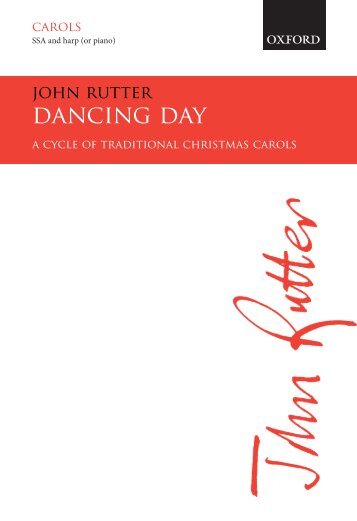
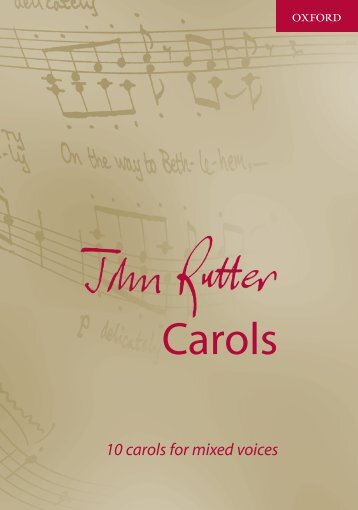
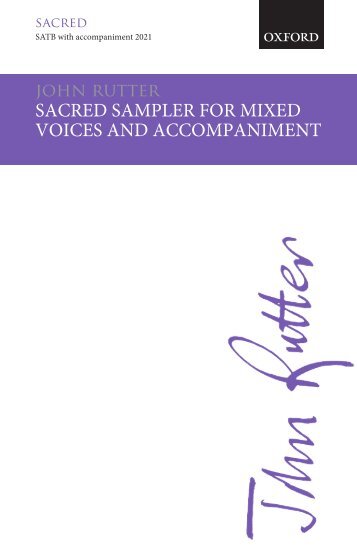
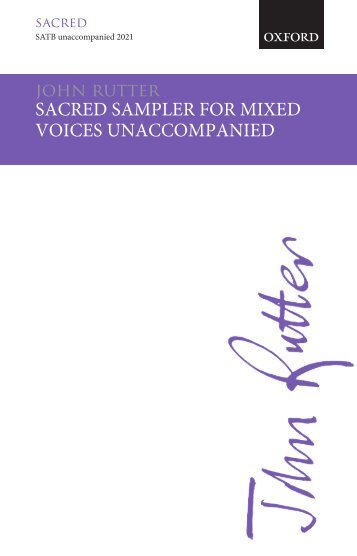
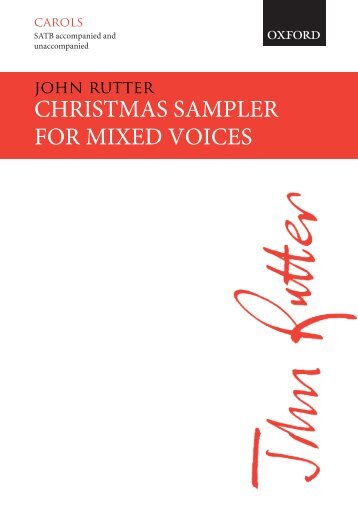
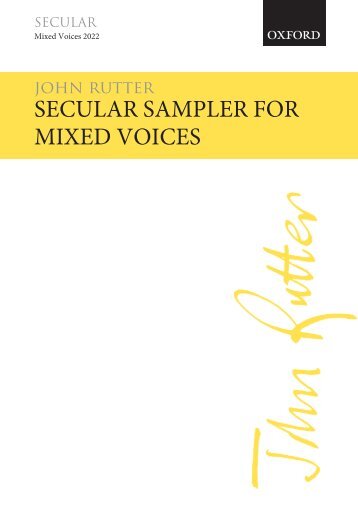
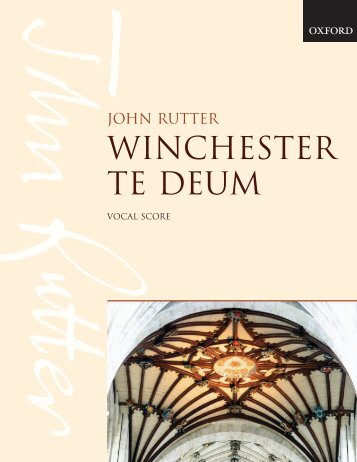
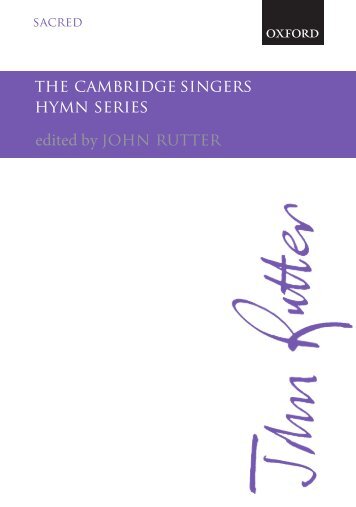
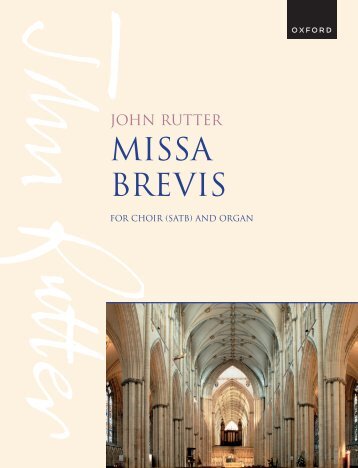
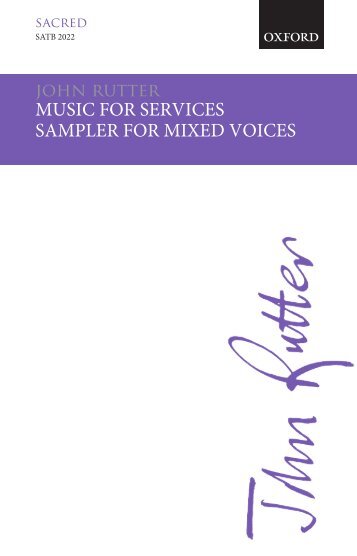
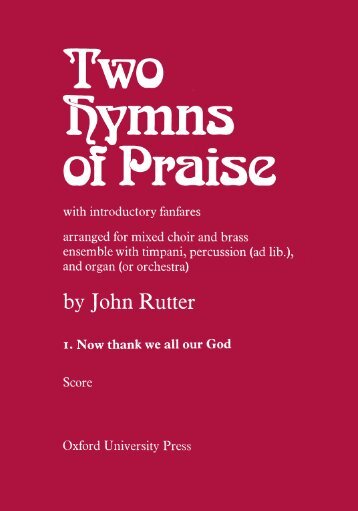
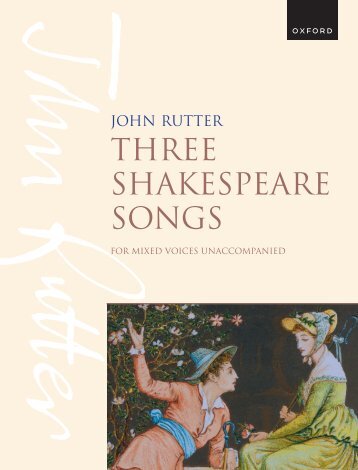
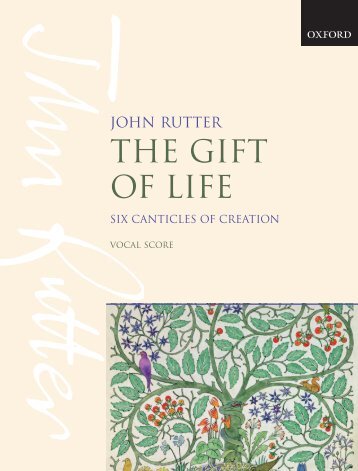
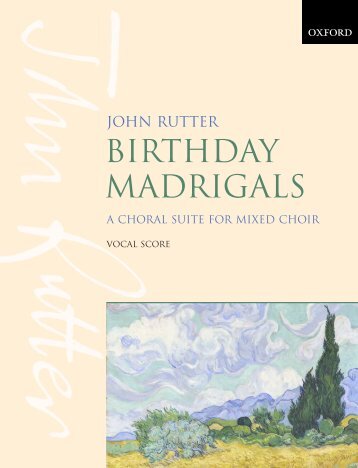
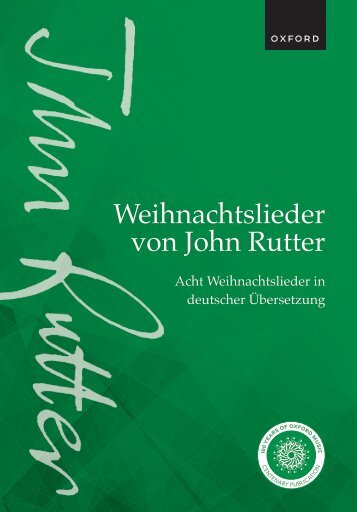
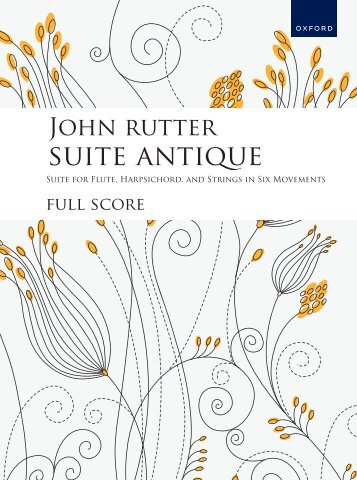
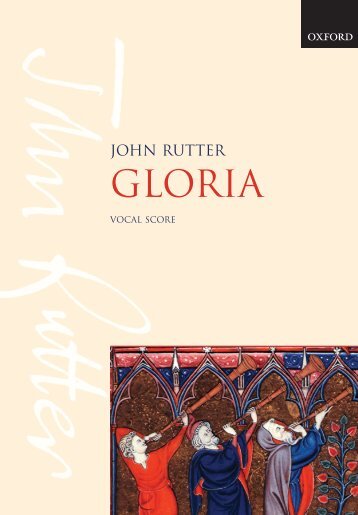
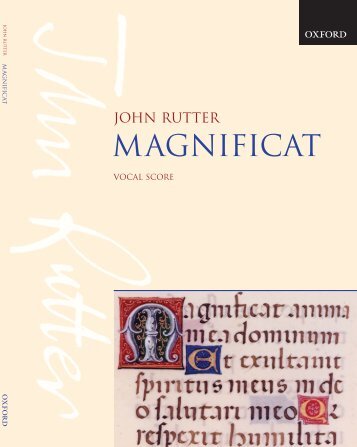
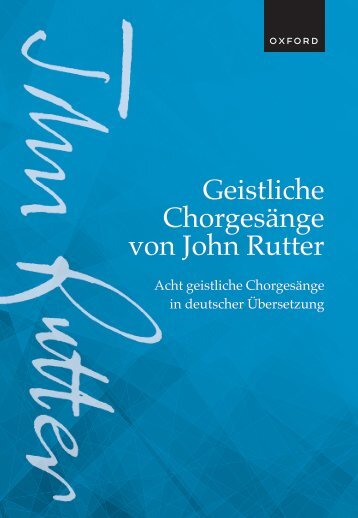
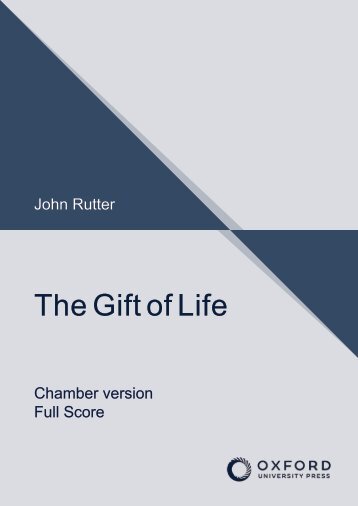
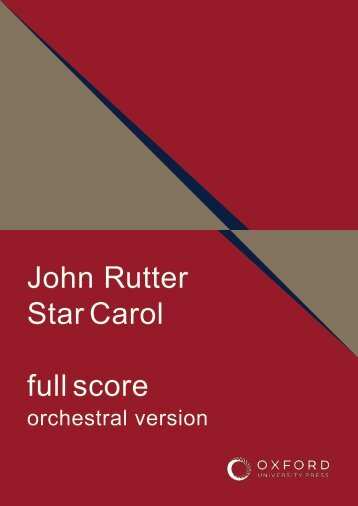
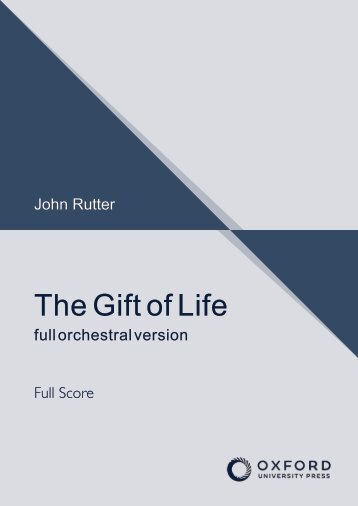
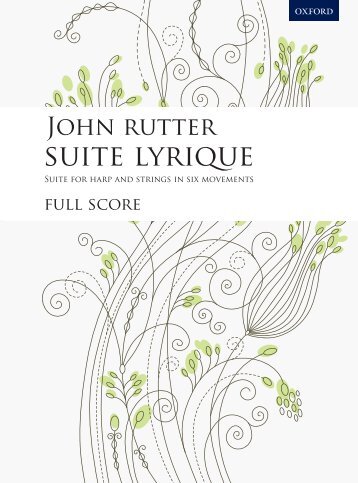
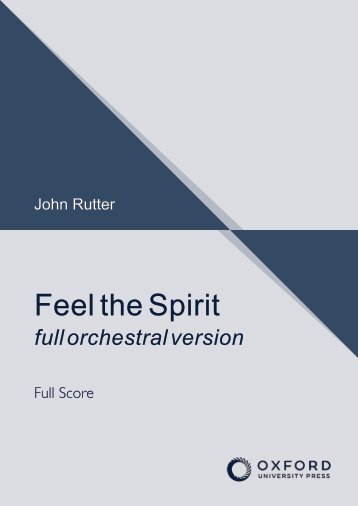

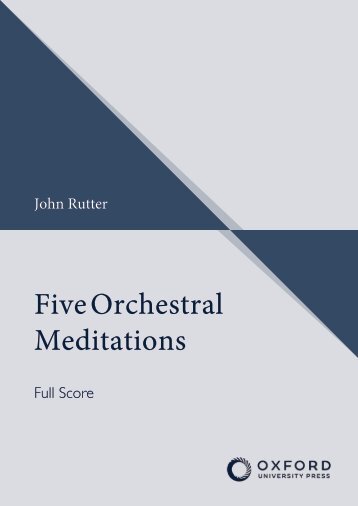
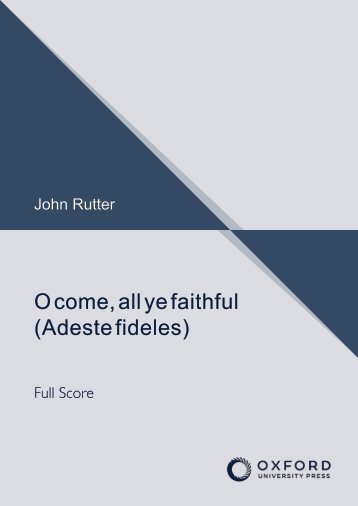
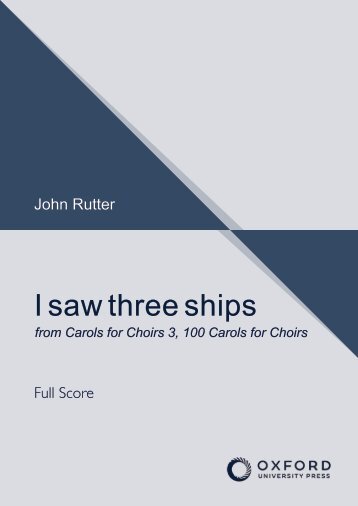
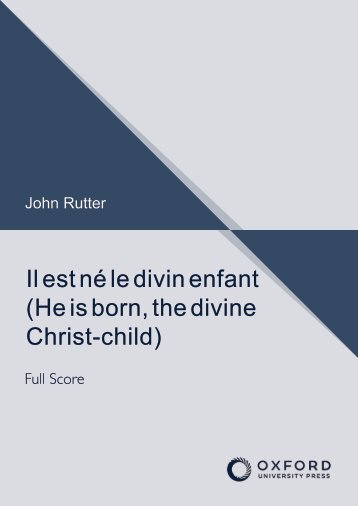
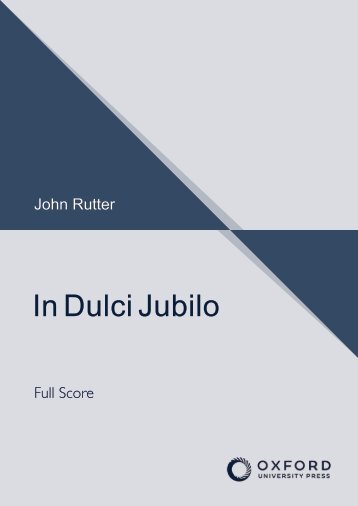
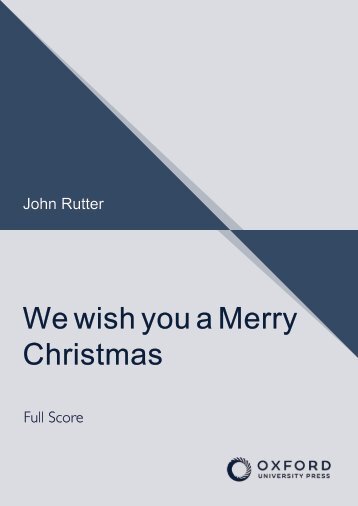
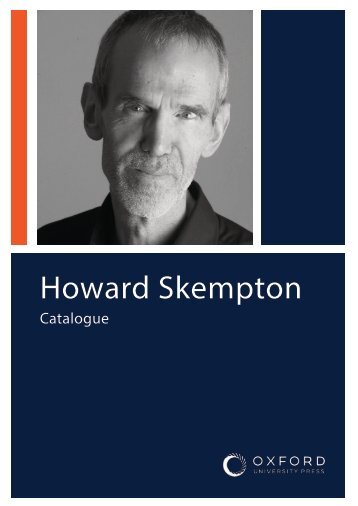

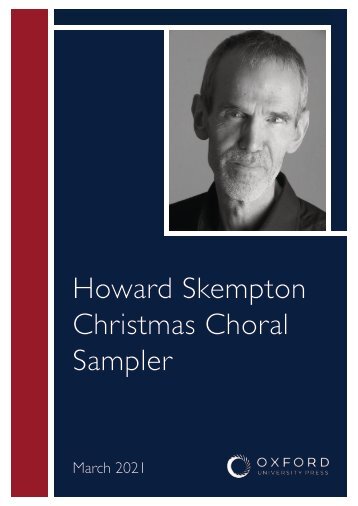
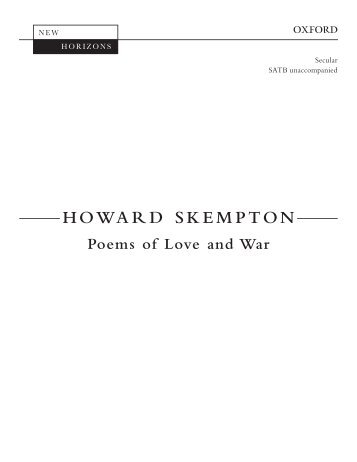


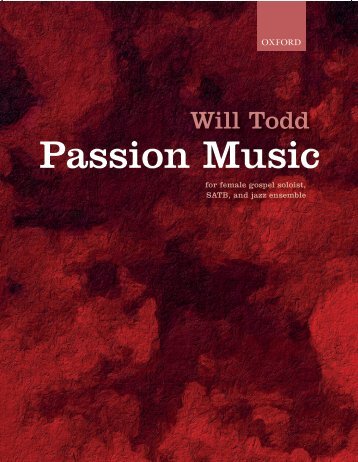
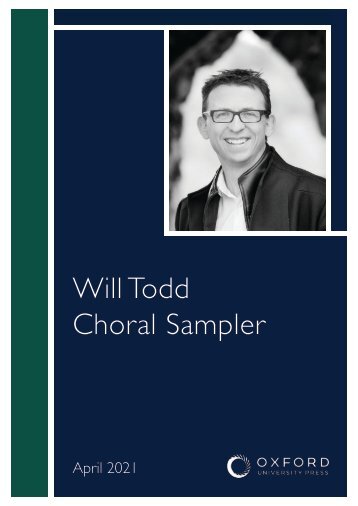
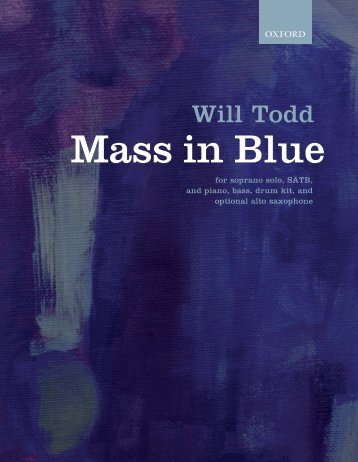
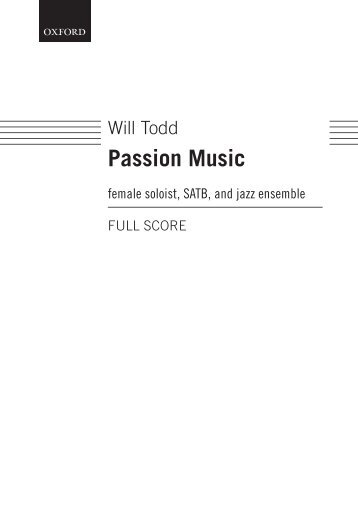
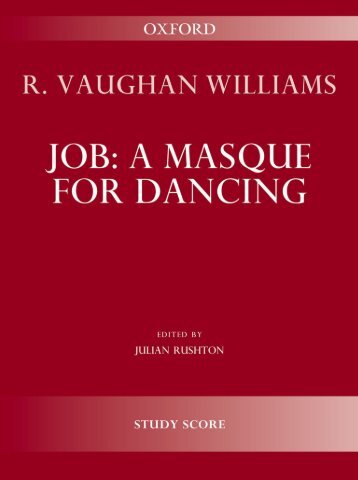
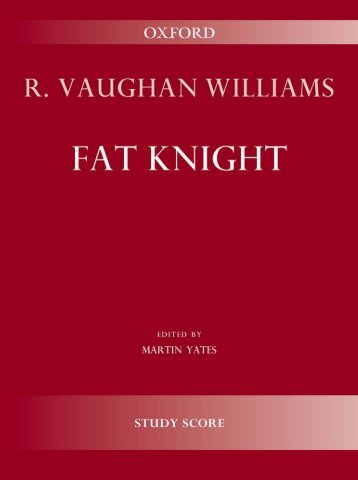
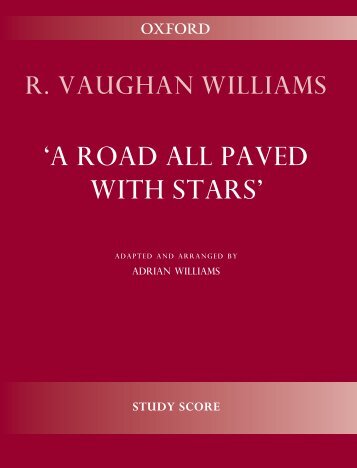
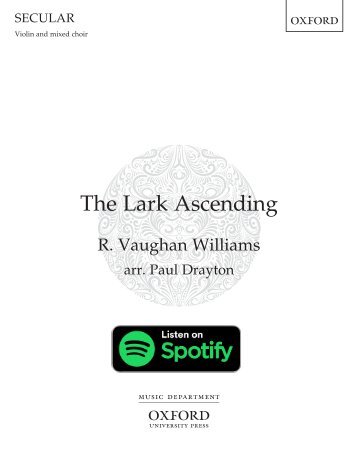
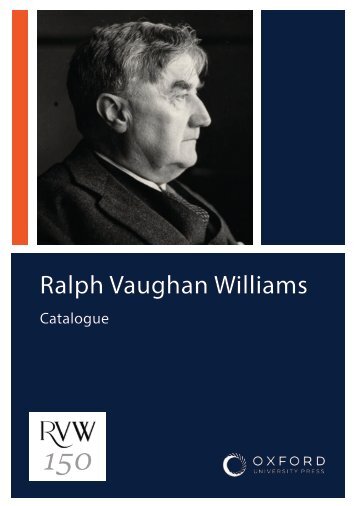
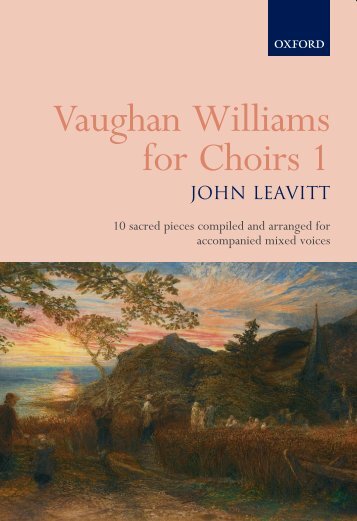
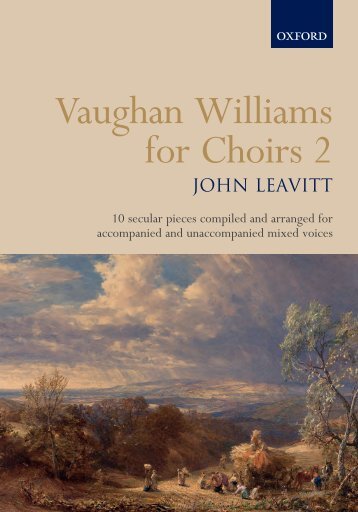

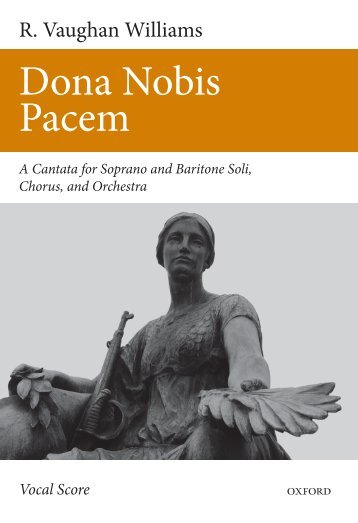
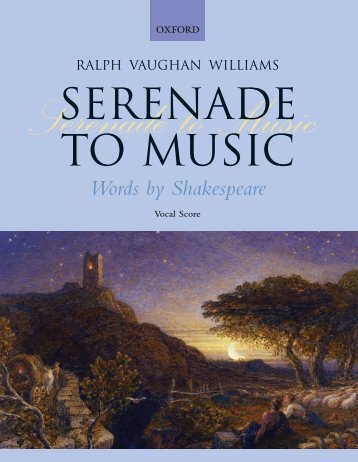
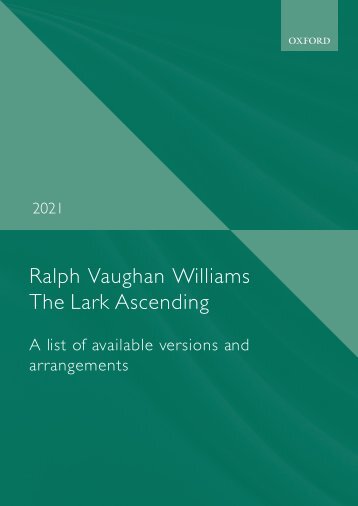

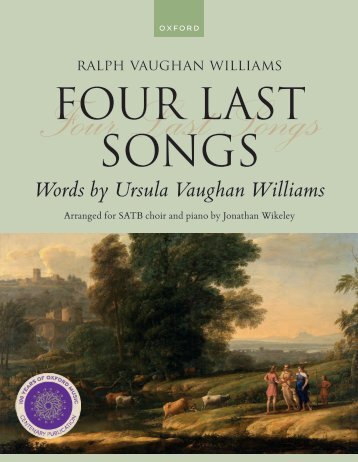

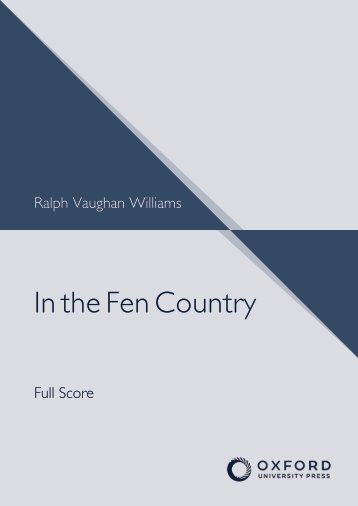
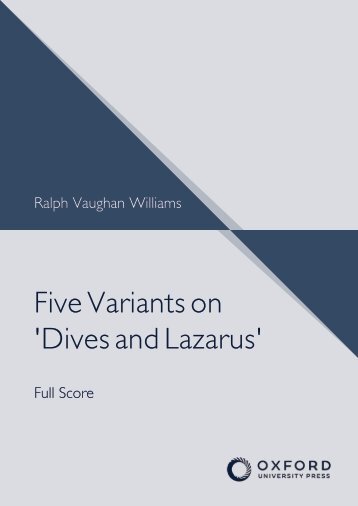
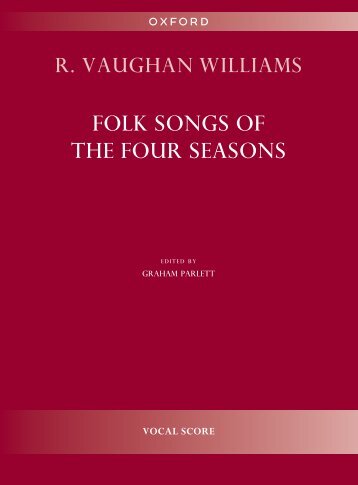
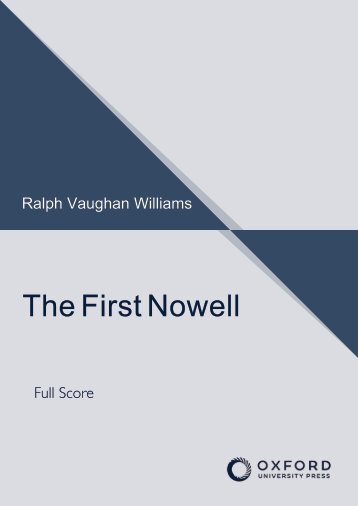



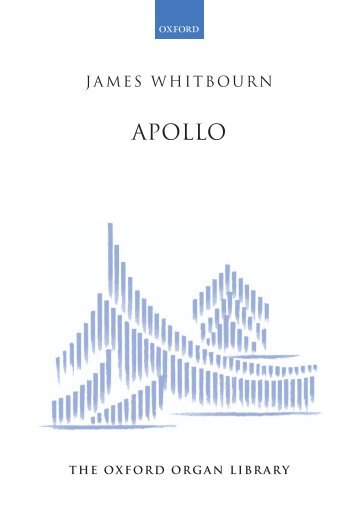



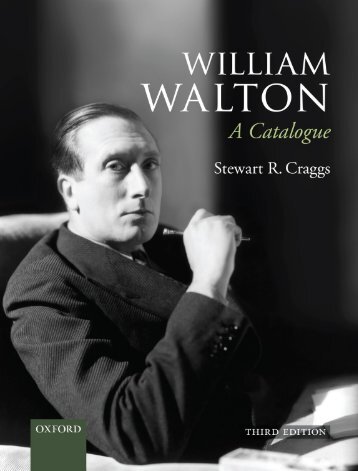
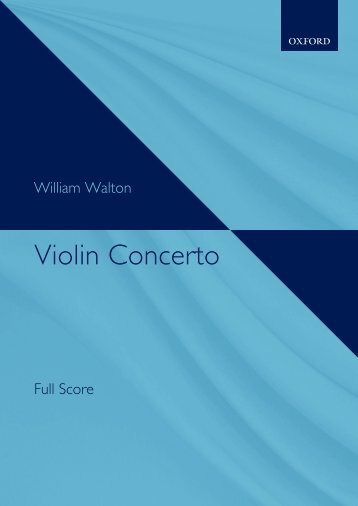
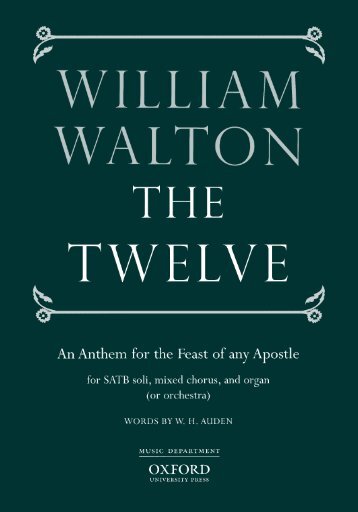








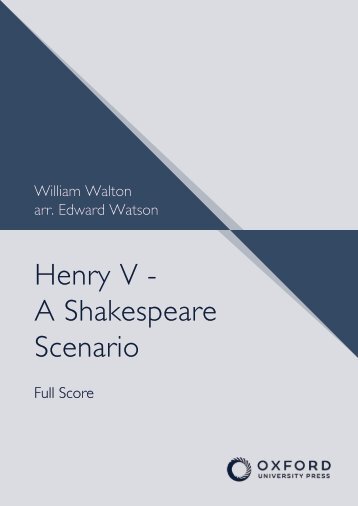
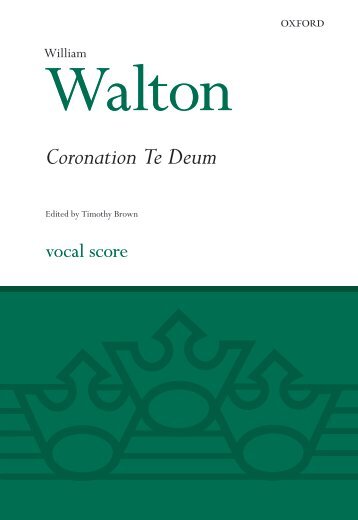
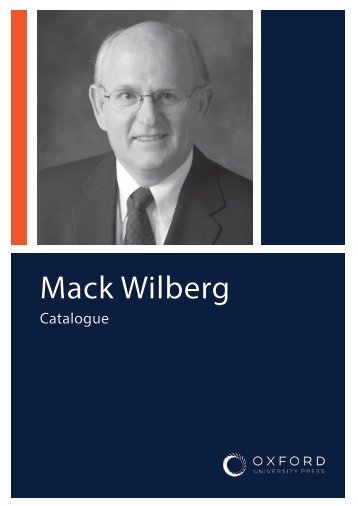
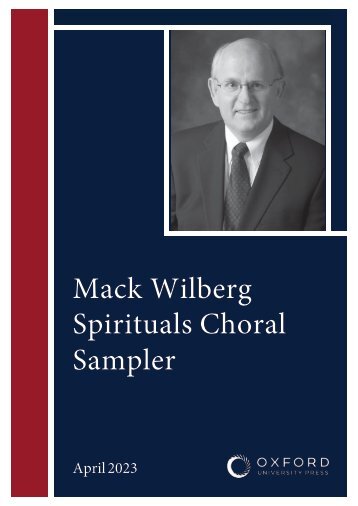
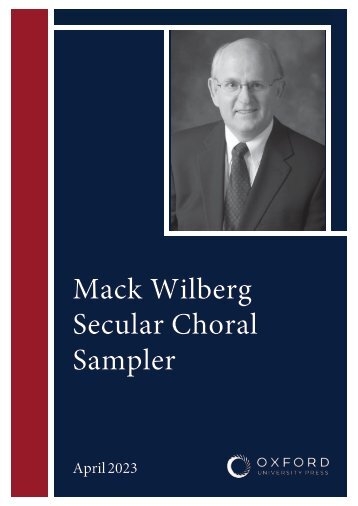




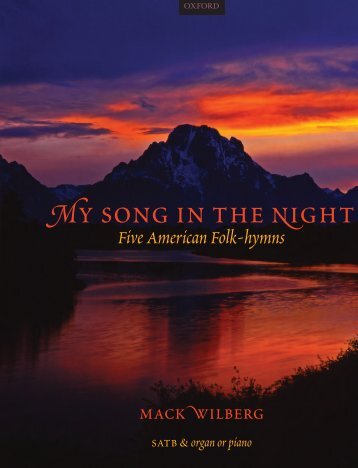
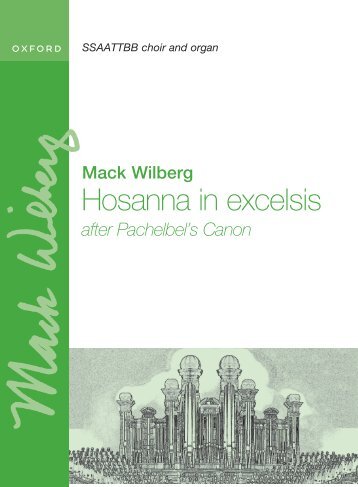
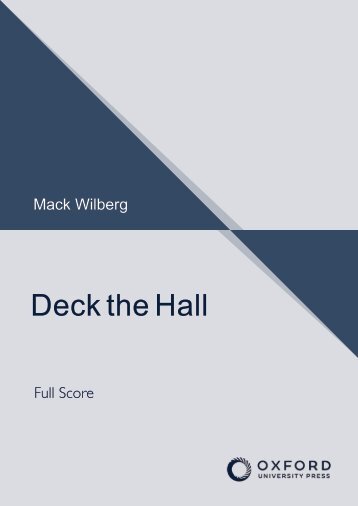
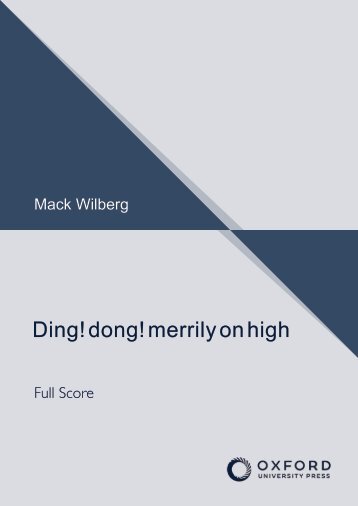


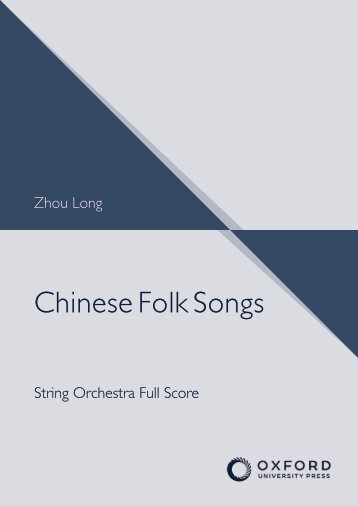

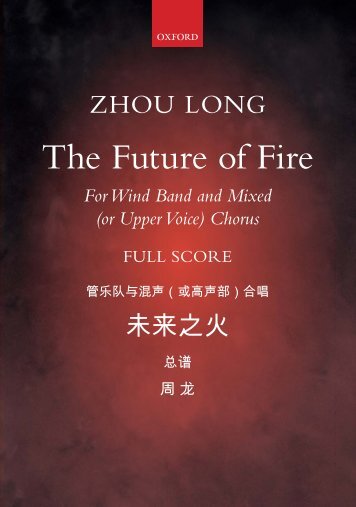





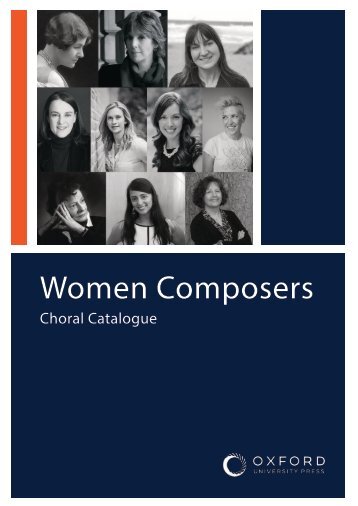
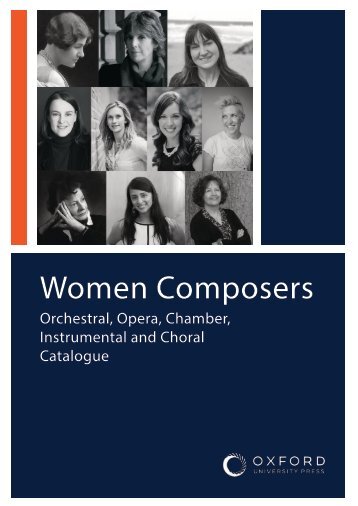
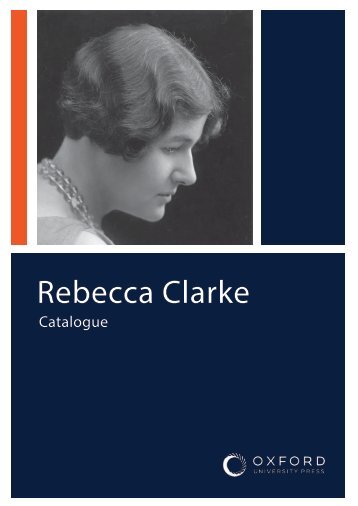

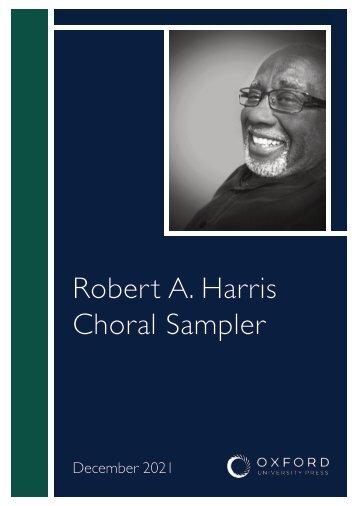
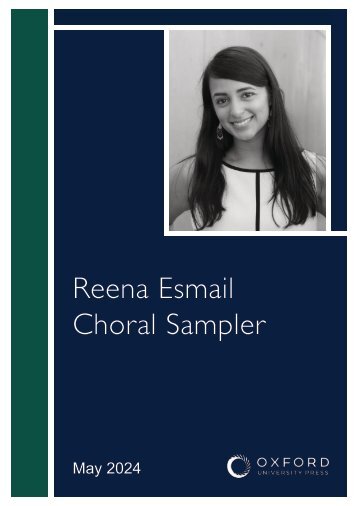
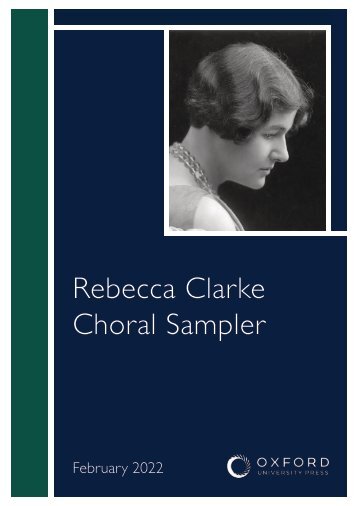
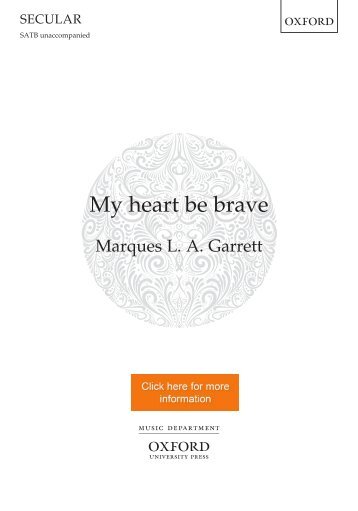
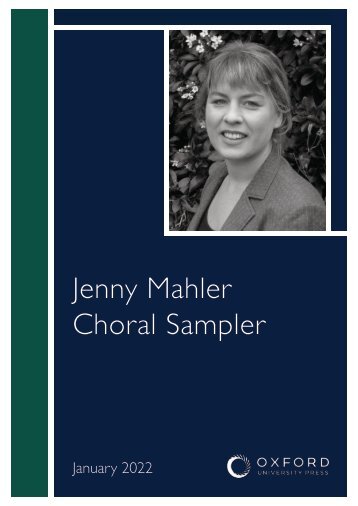
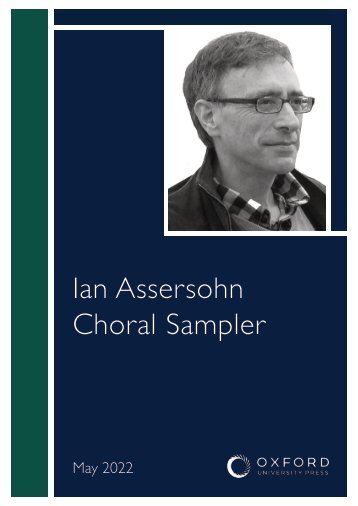
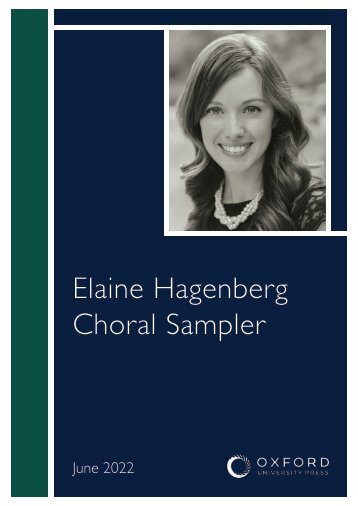
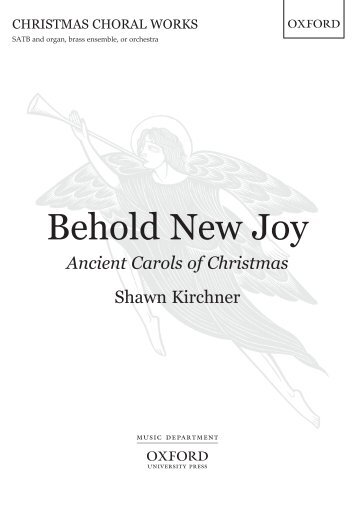
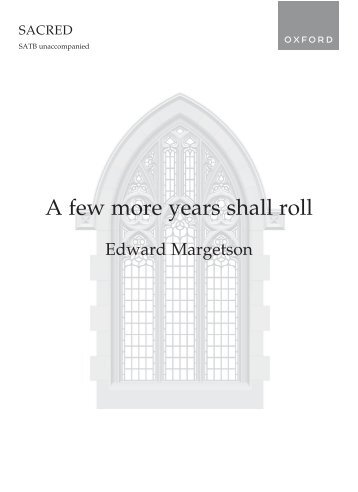
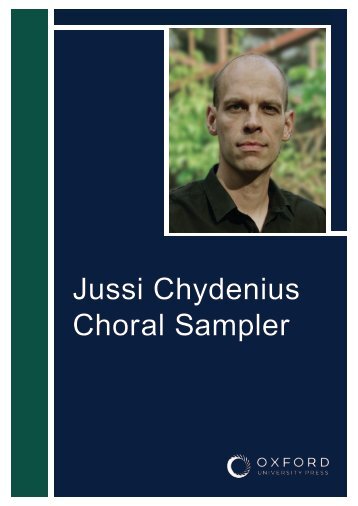


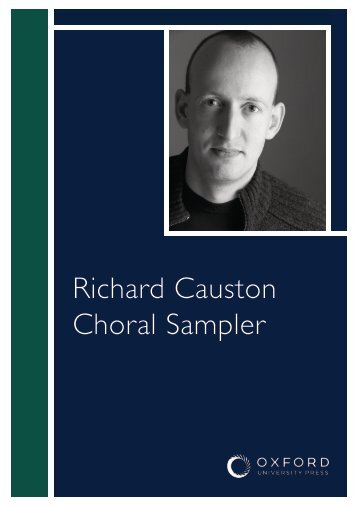
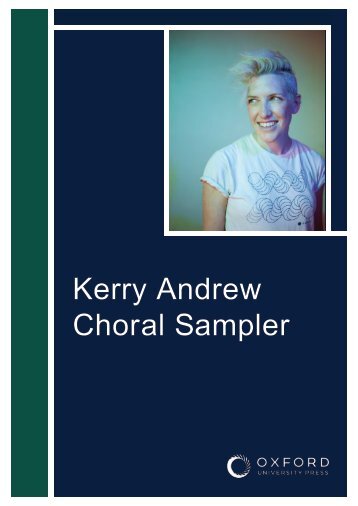
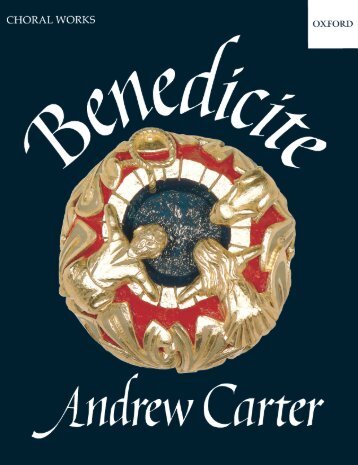

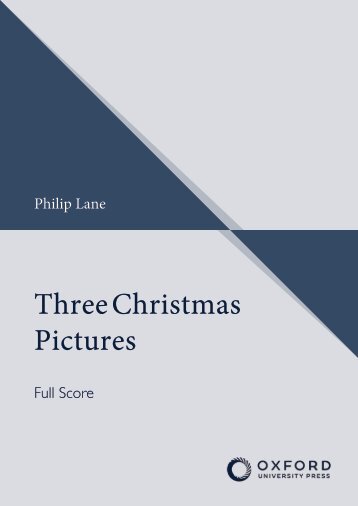
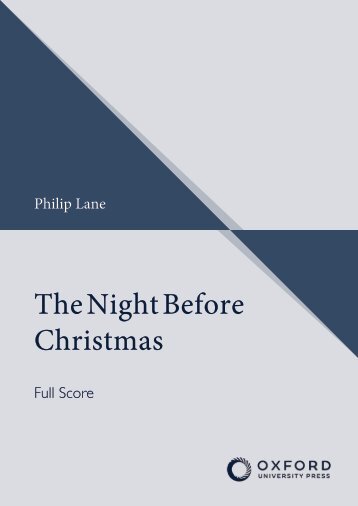

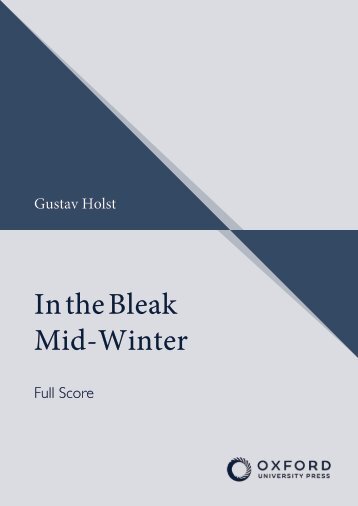
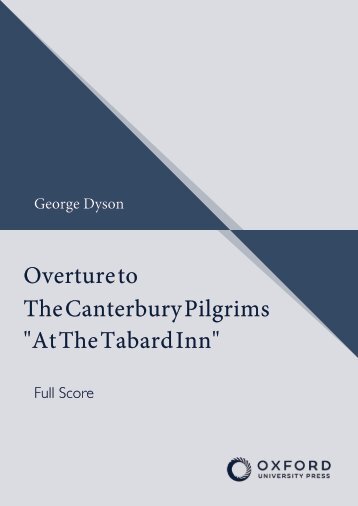
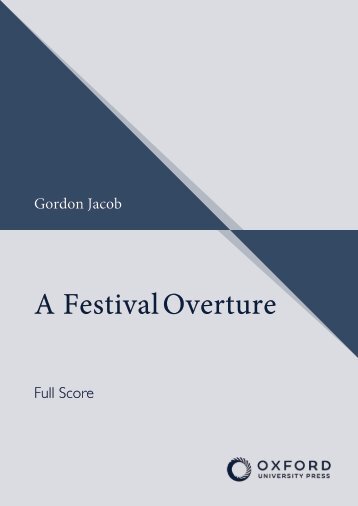

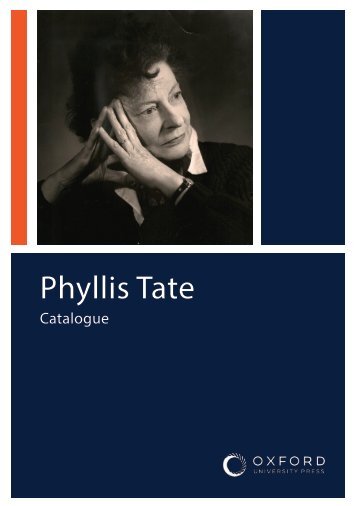
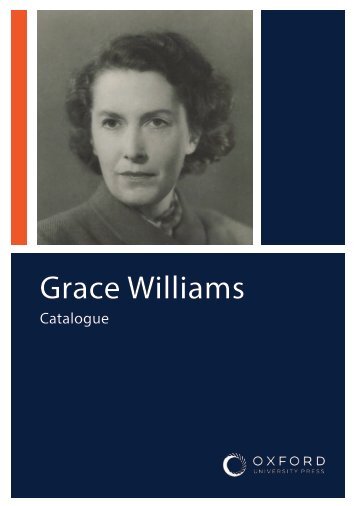

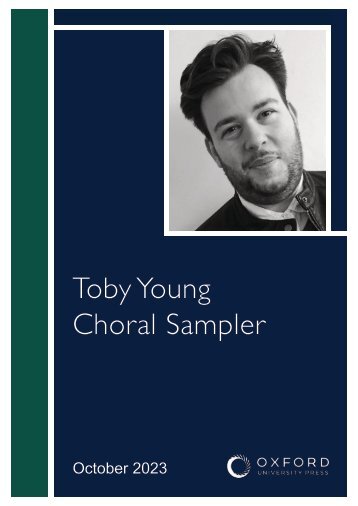
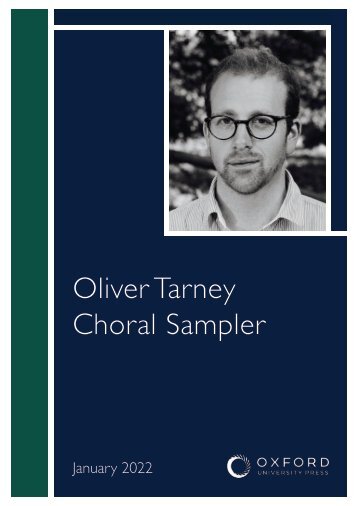
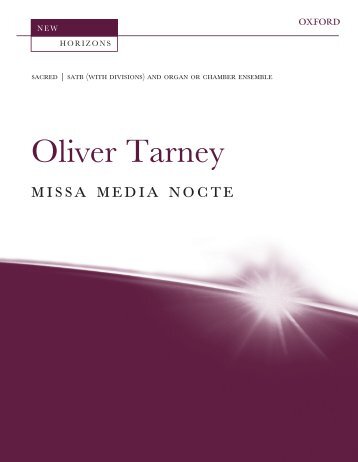
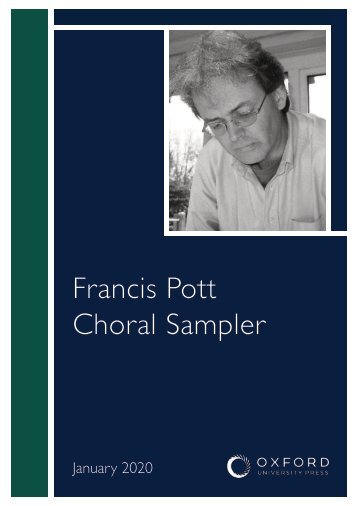
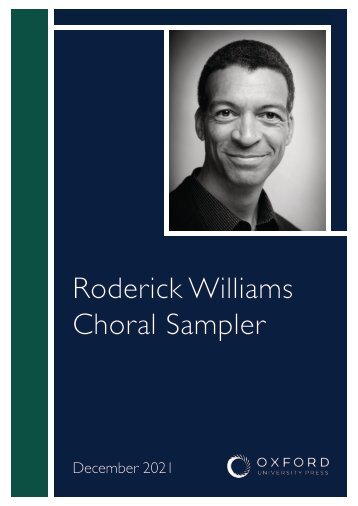
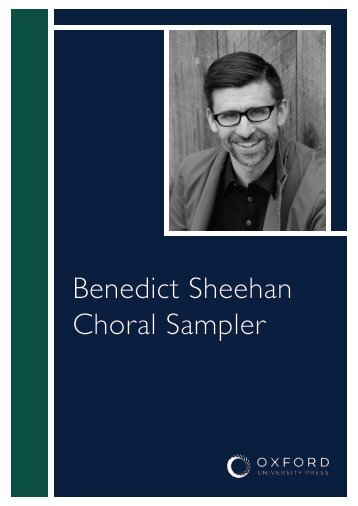
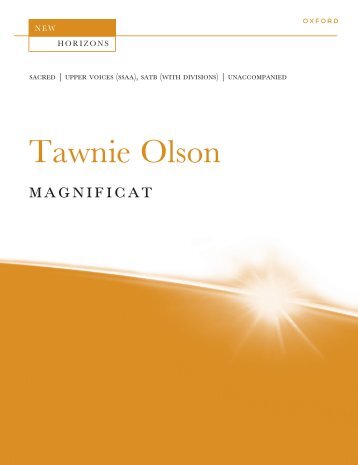
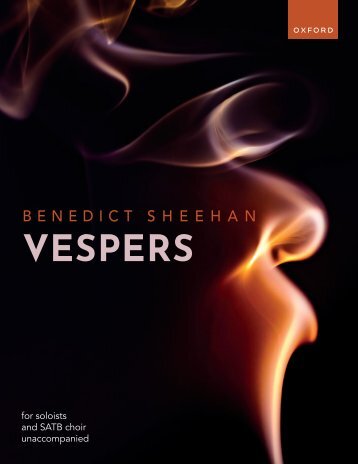
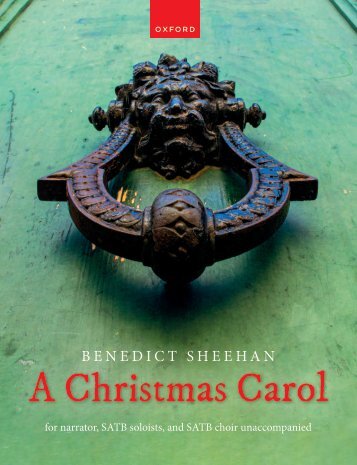
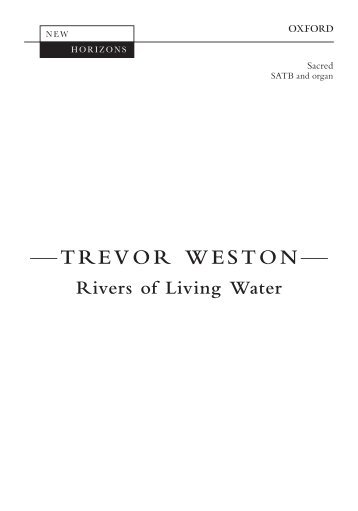
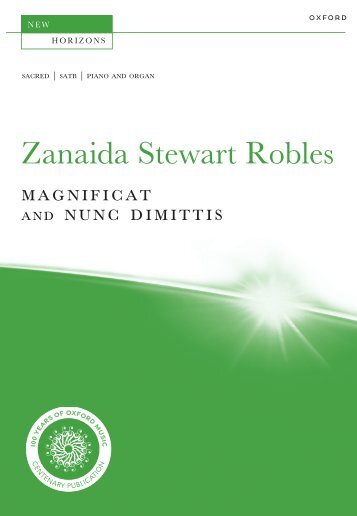

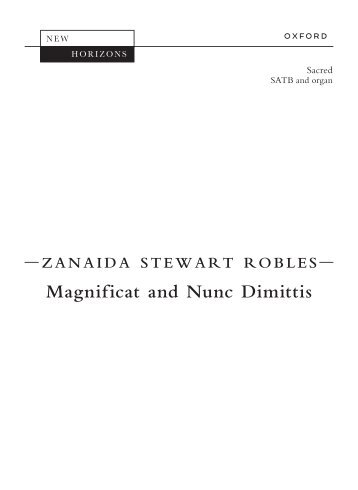
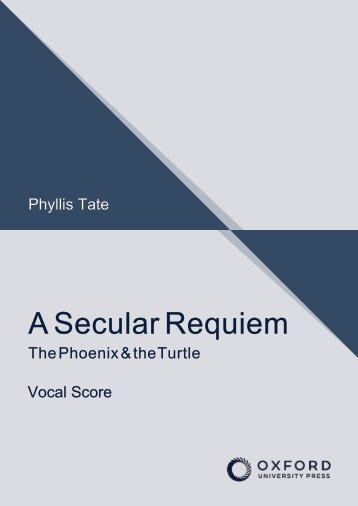

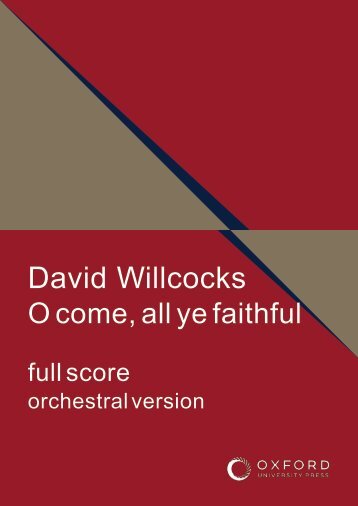
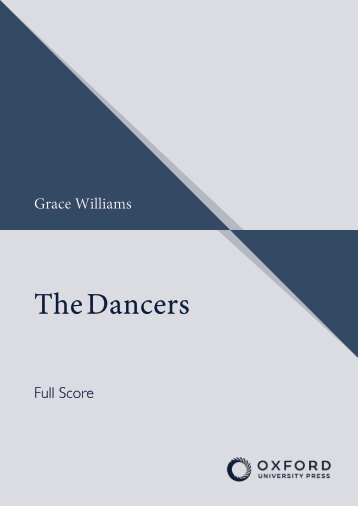

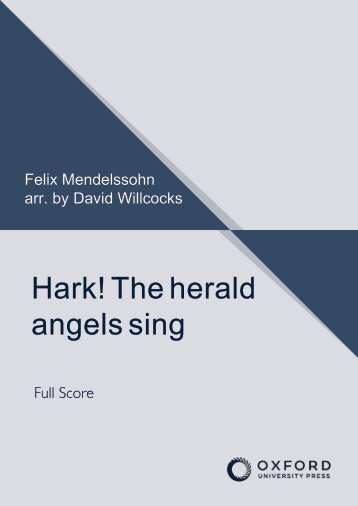
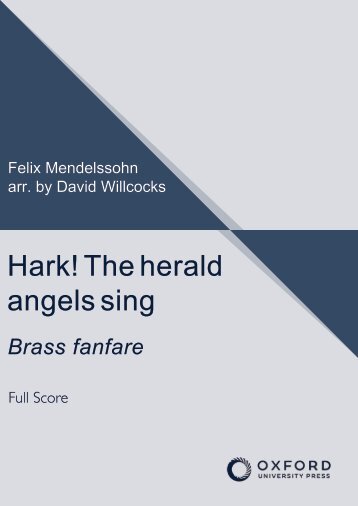

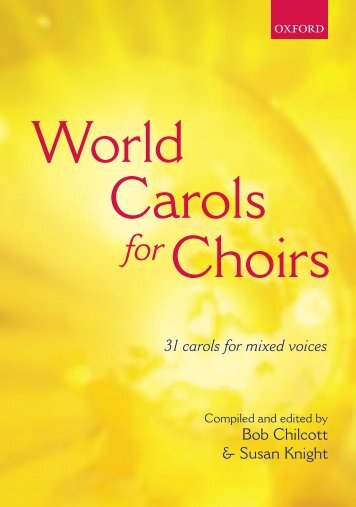
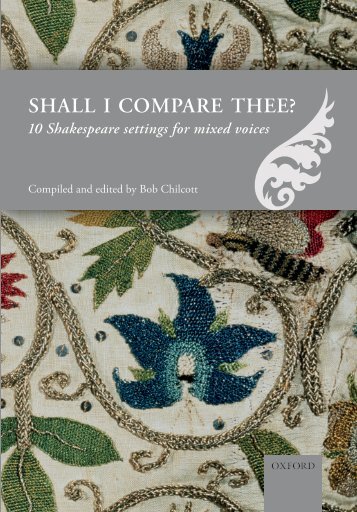
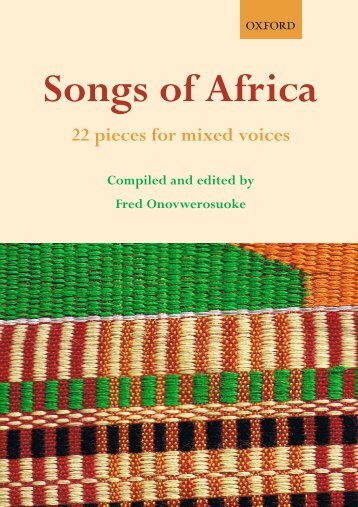



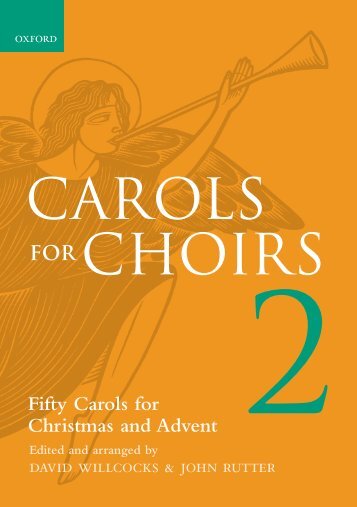
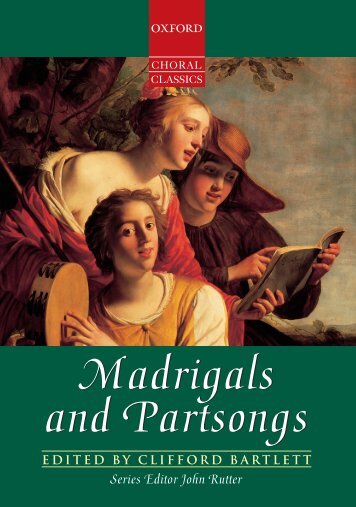
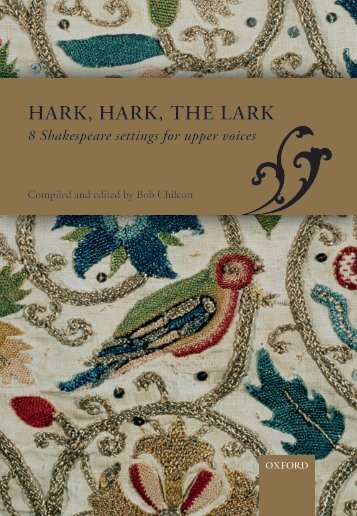
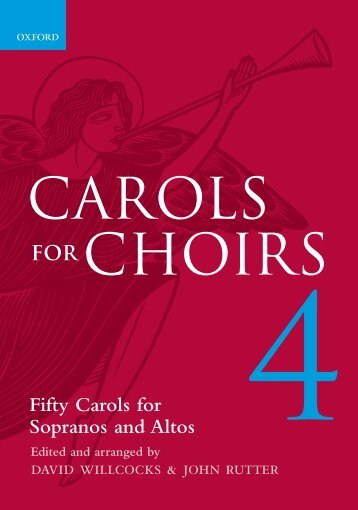
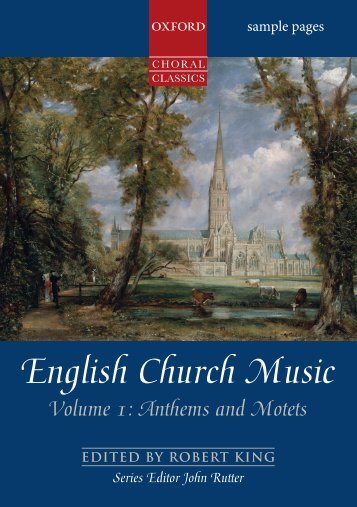
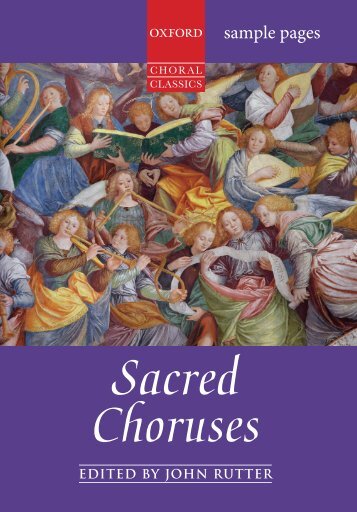

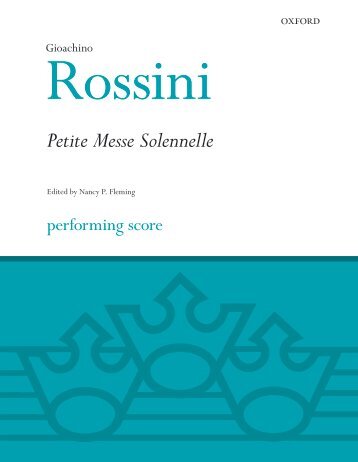
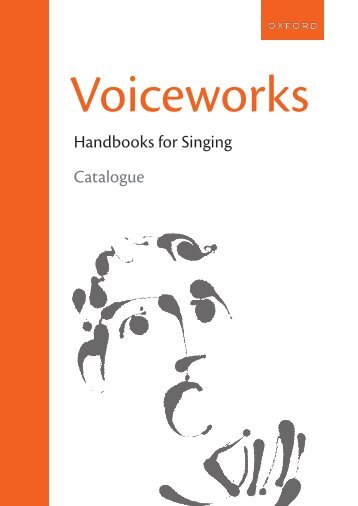
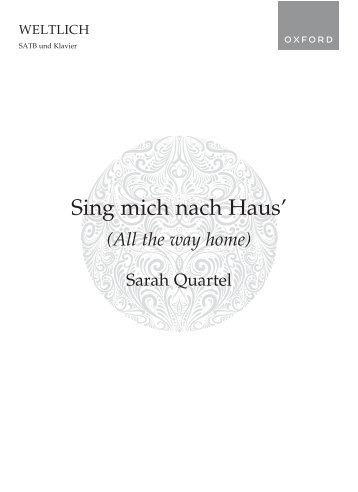
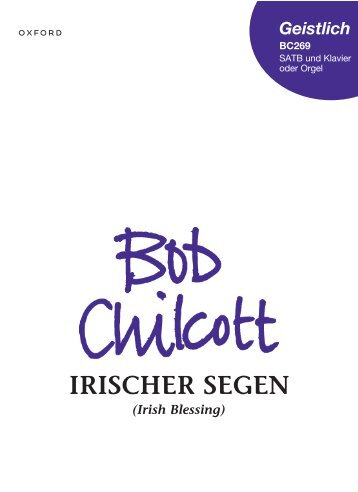

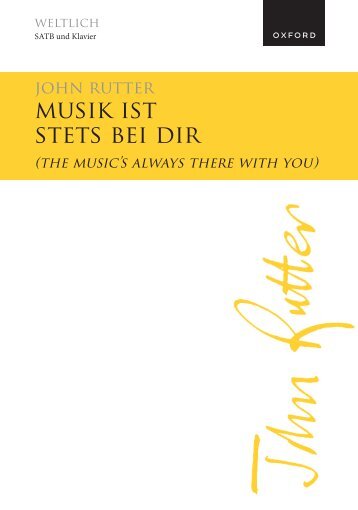
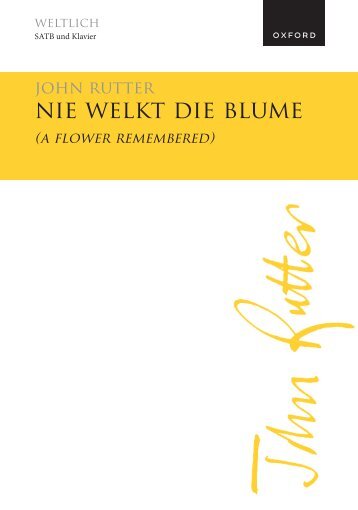

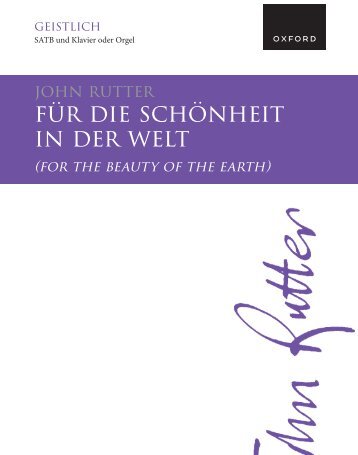
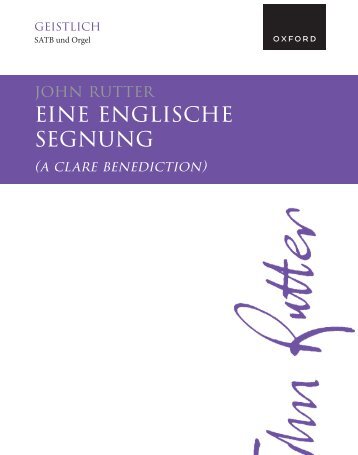

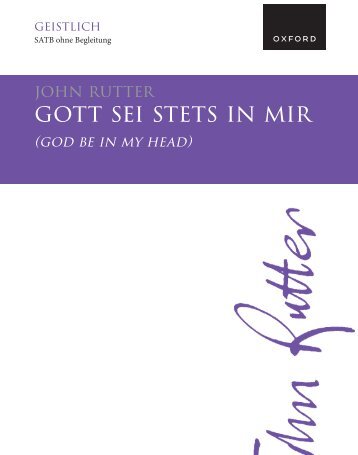
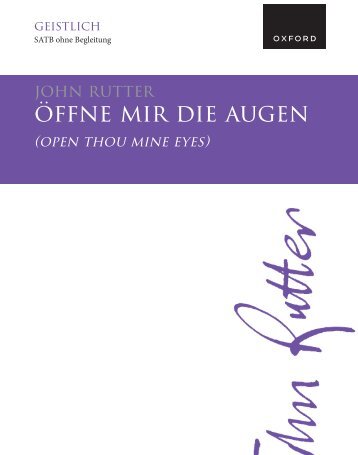

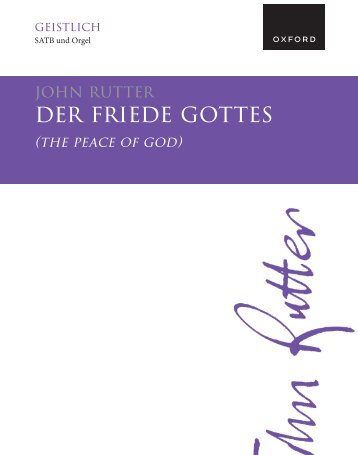
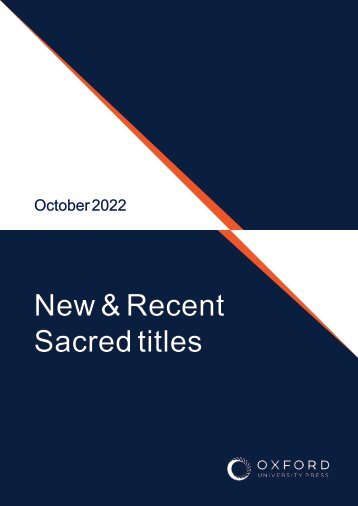

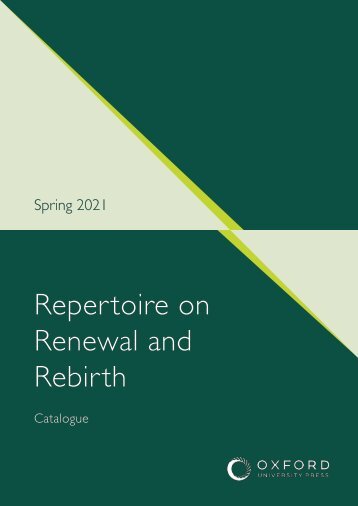
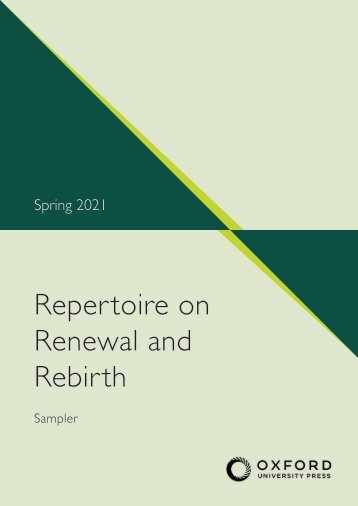
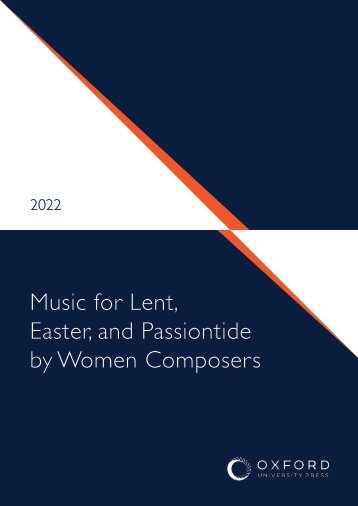
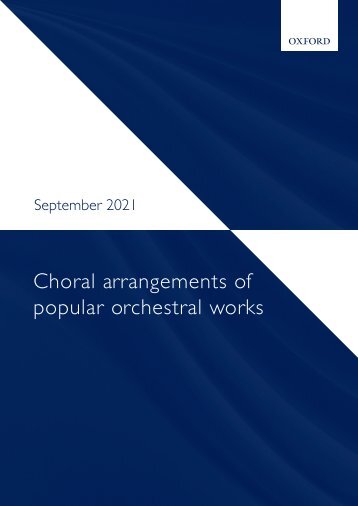
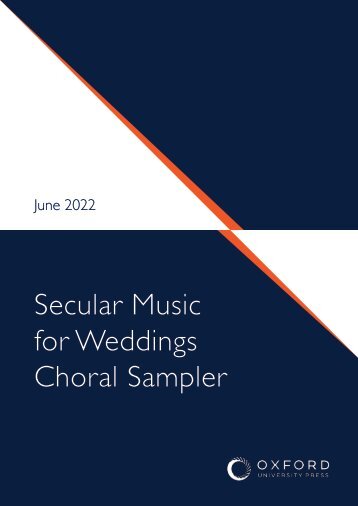

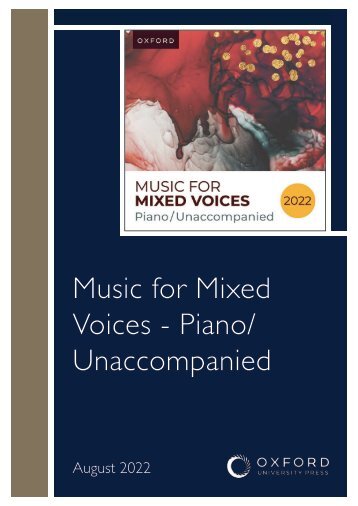
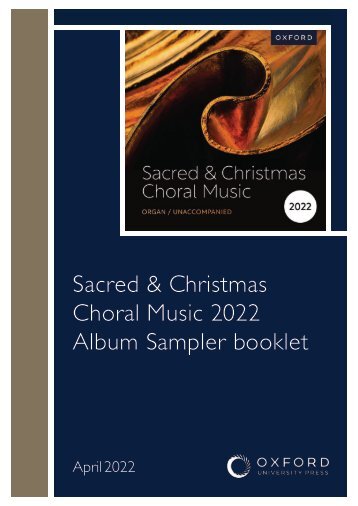
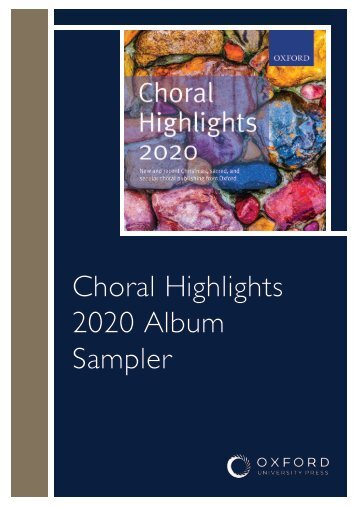
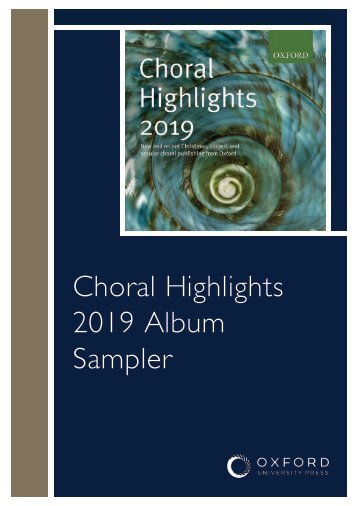
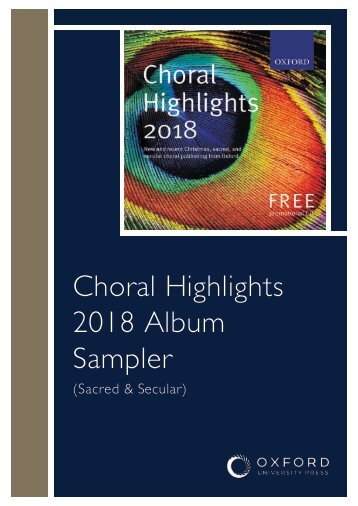


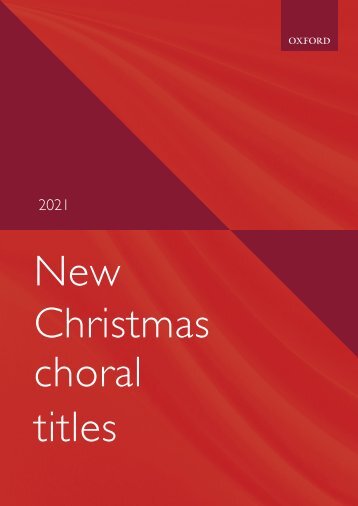
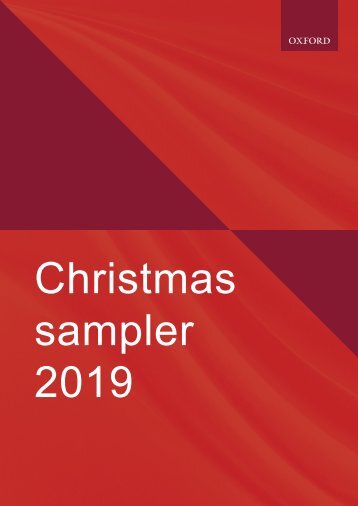
Facebook
Twitter
Email